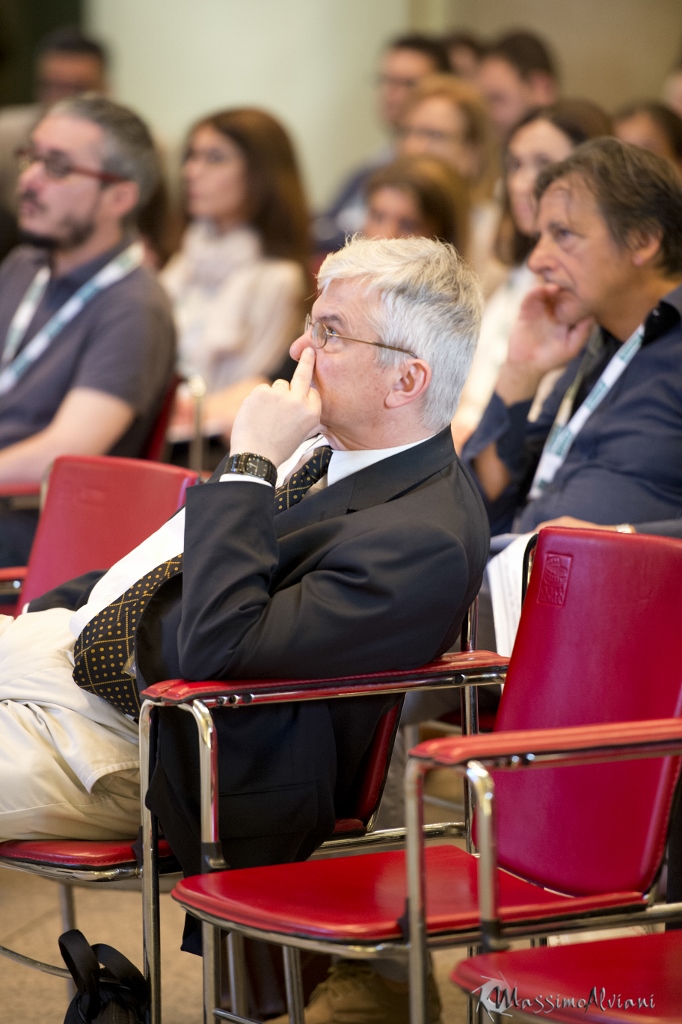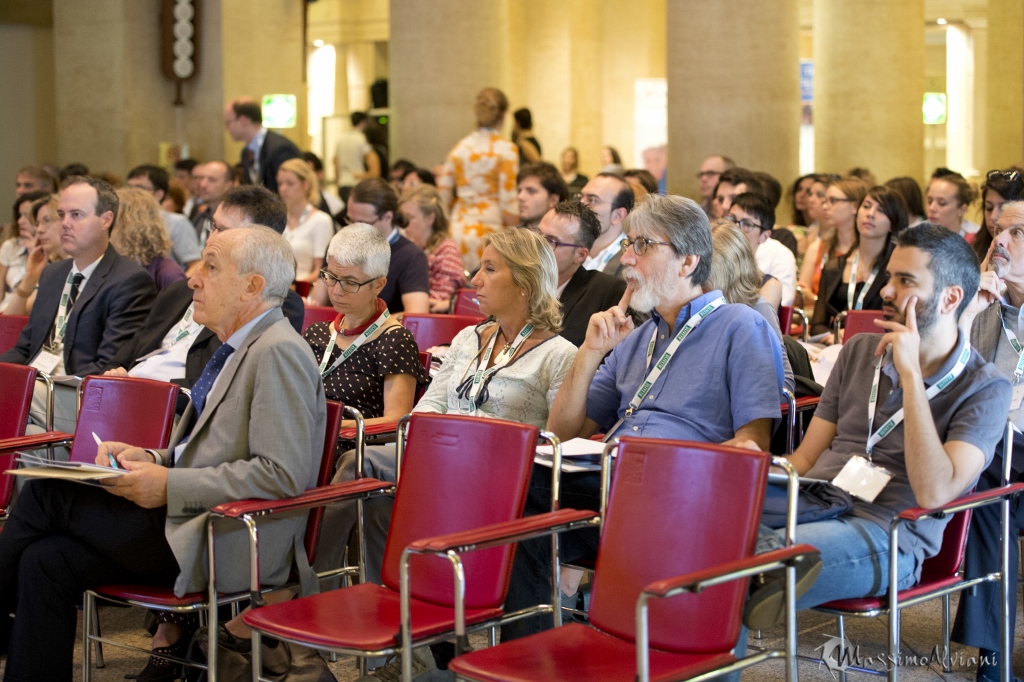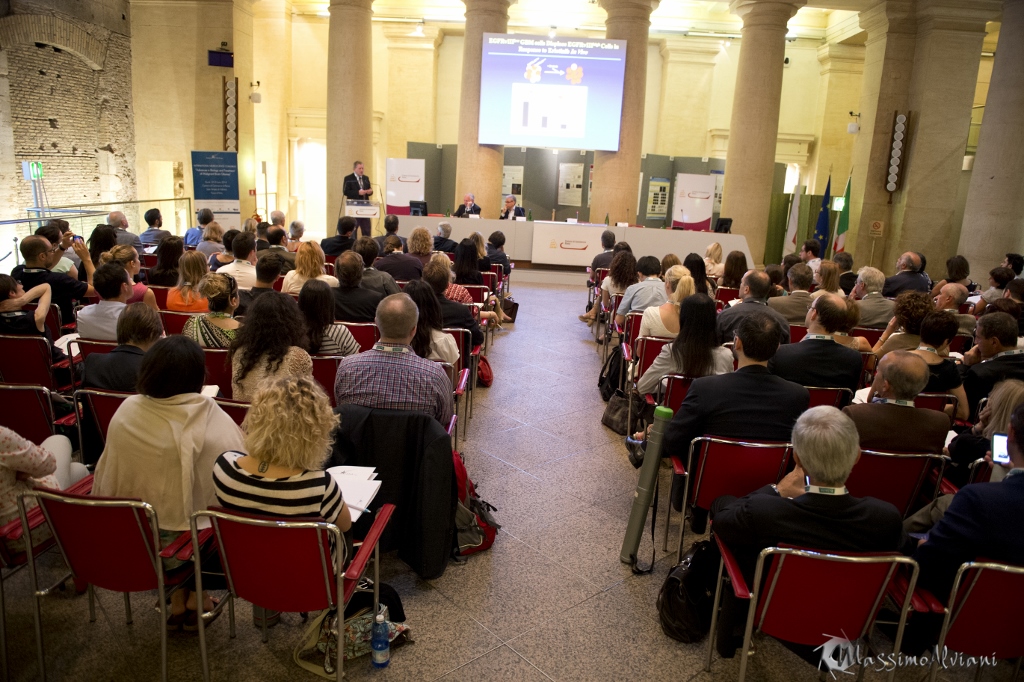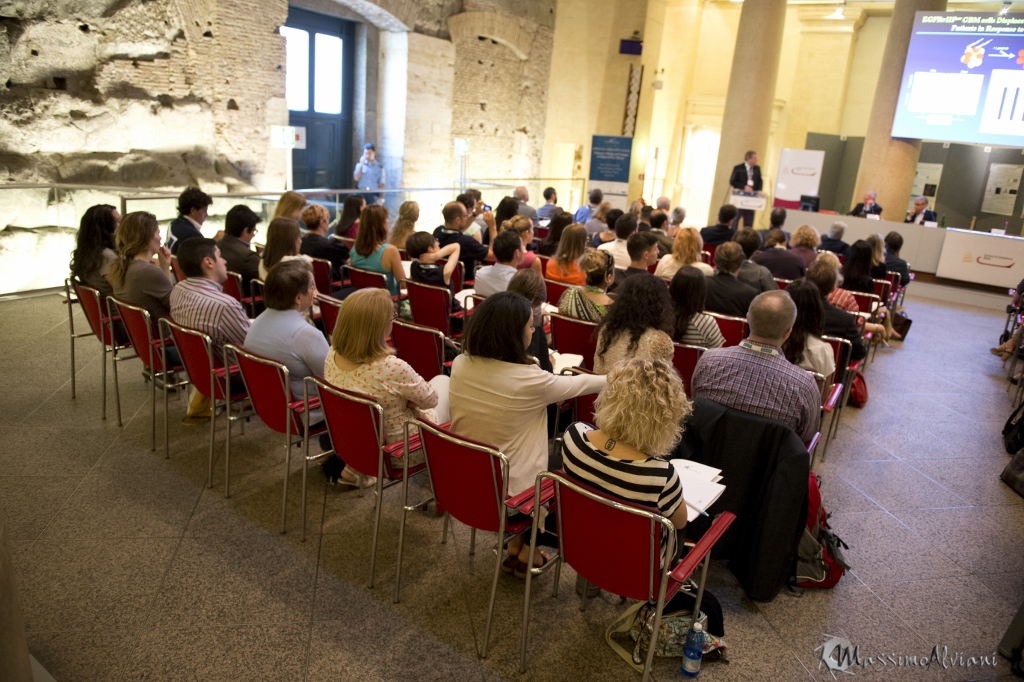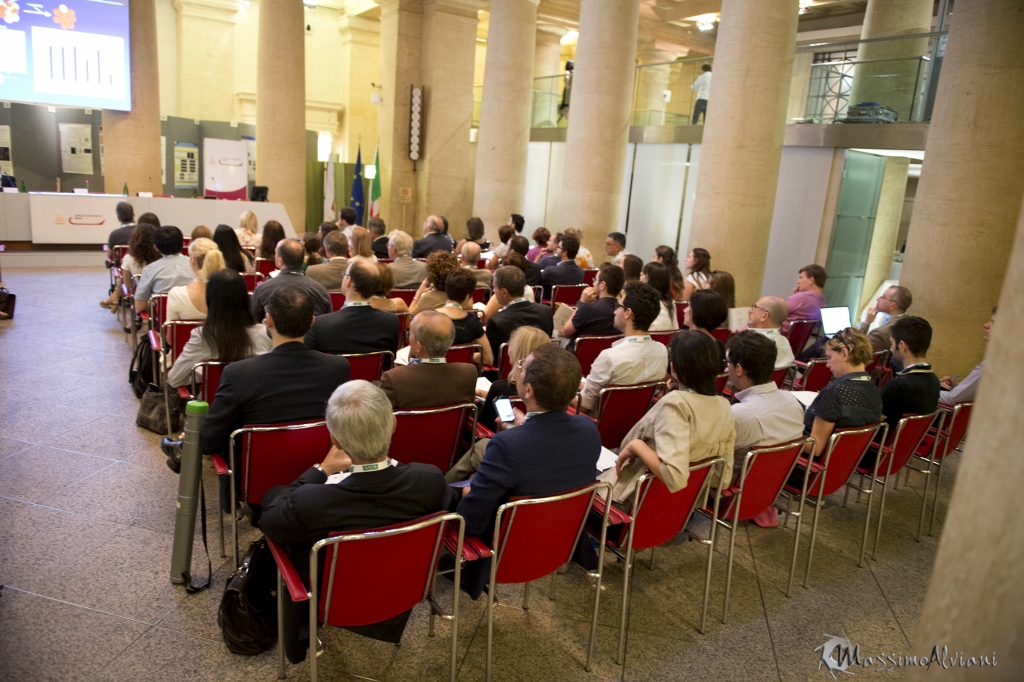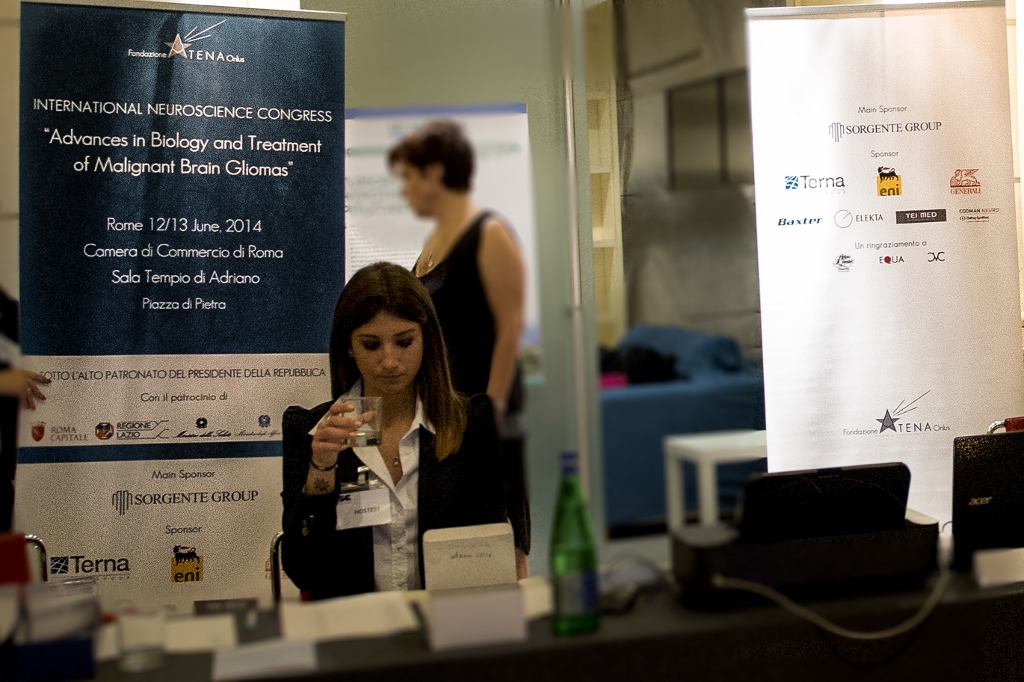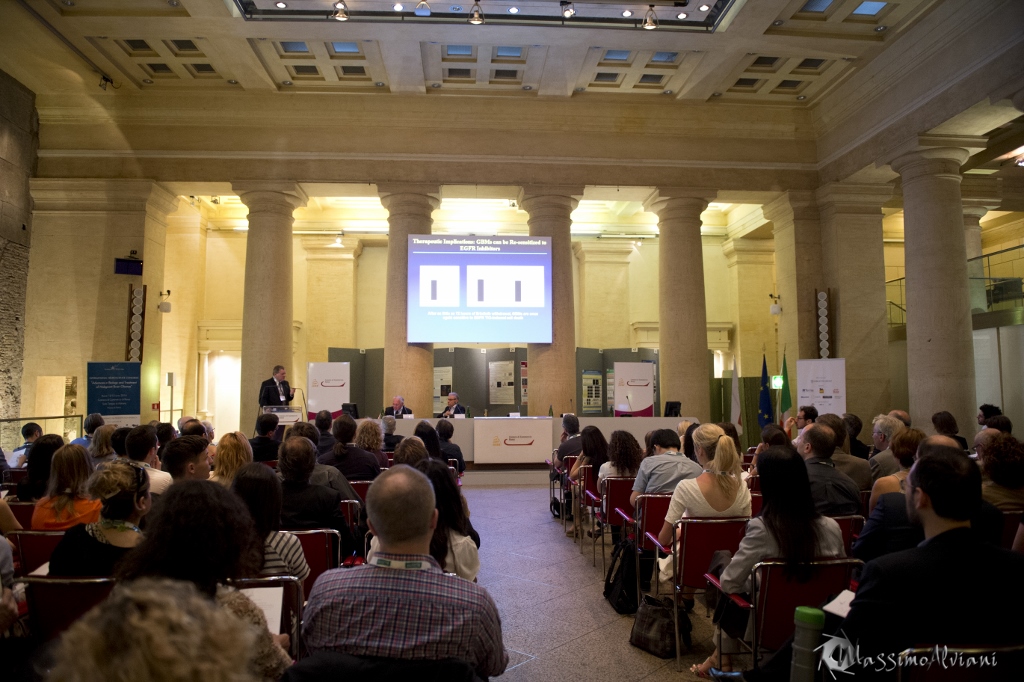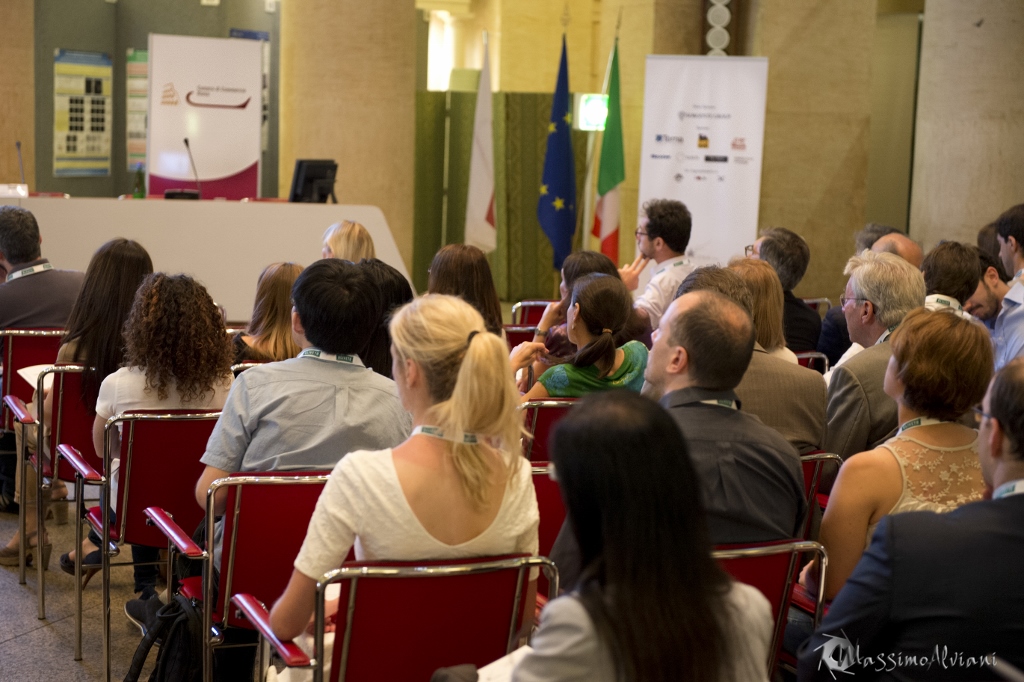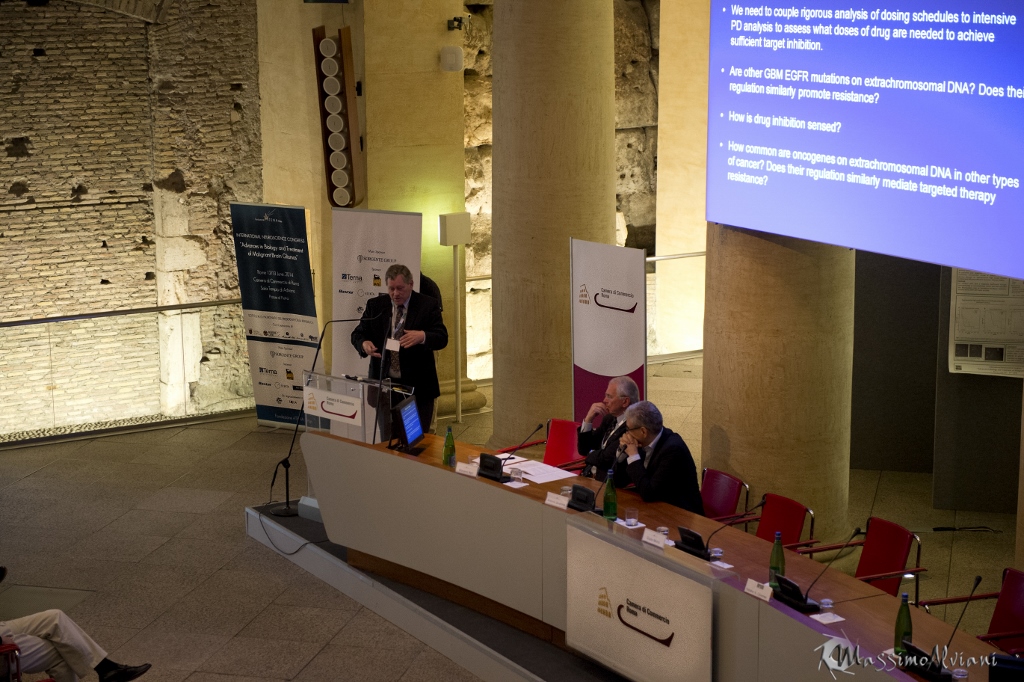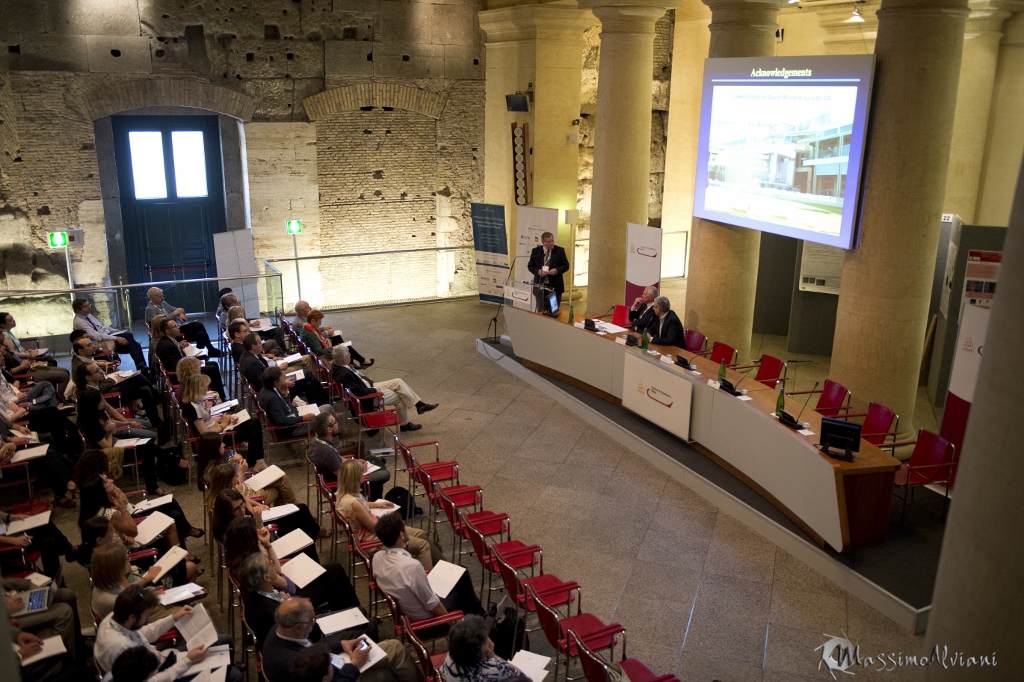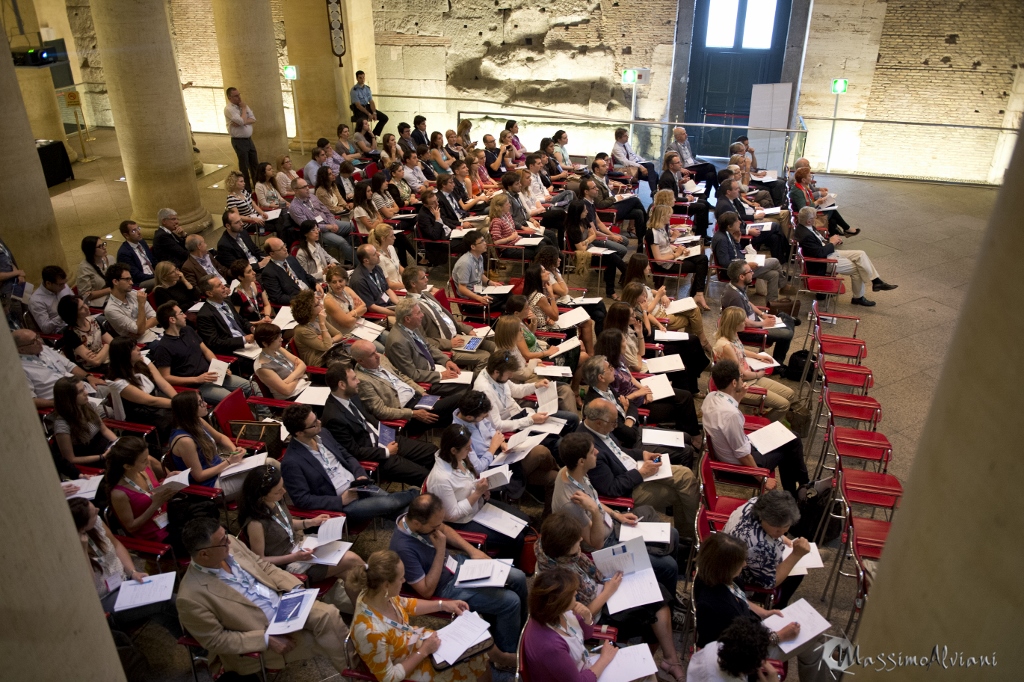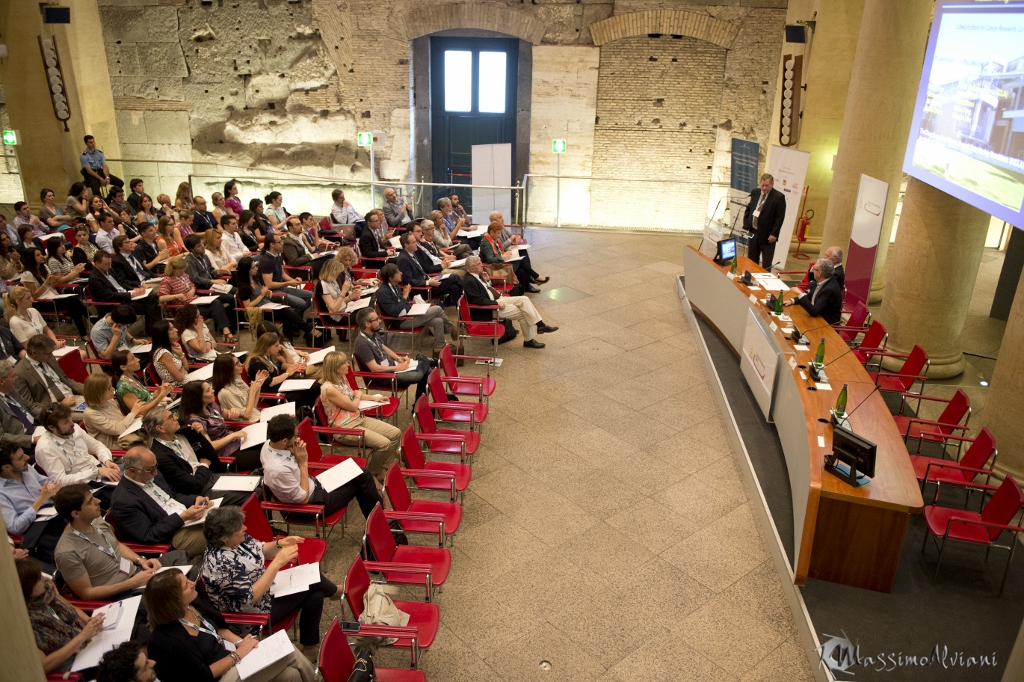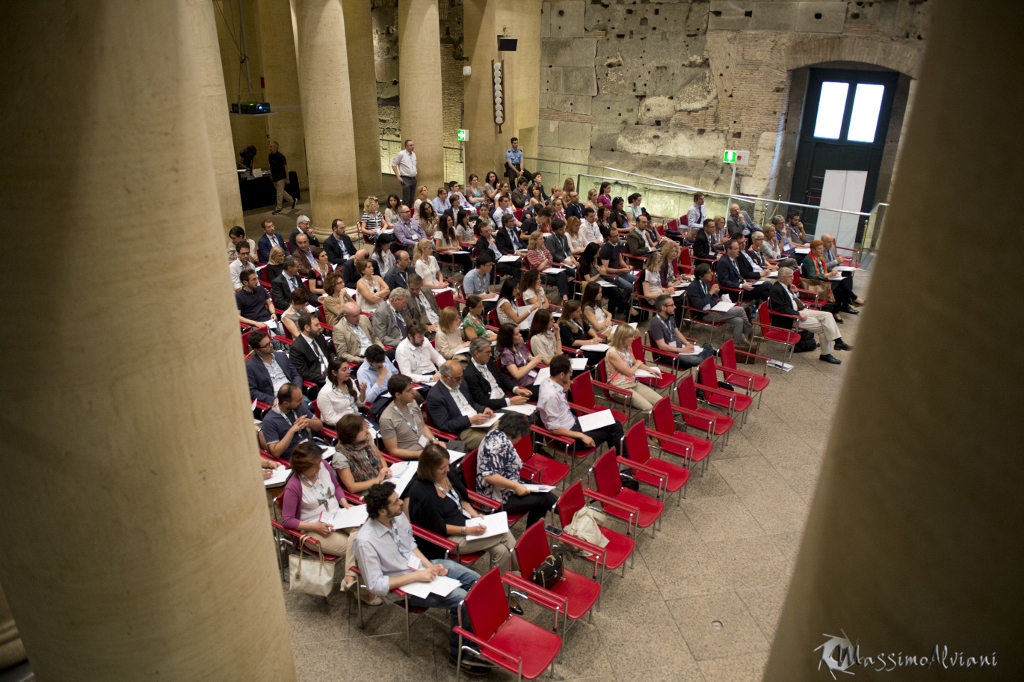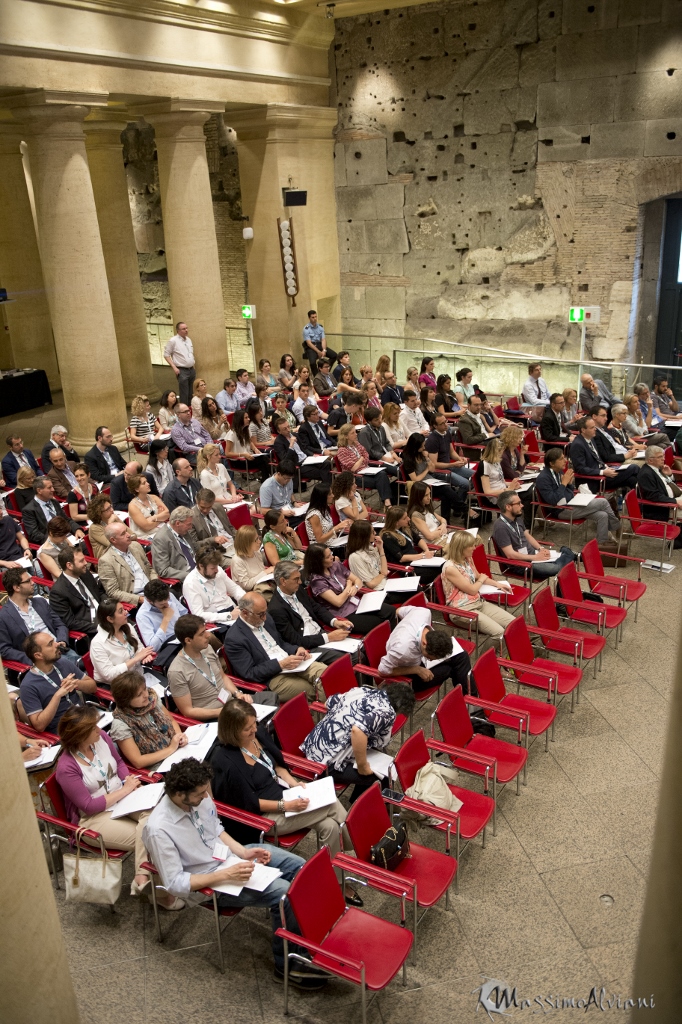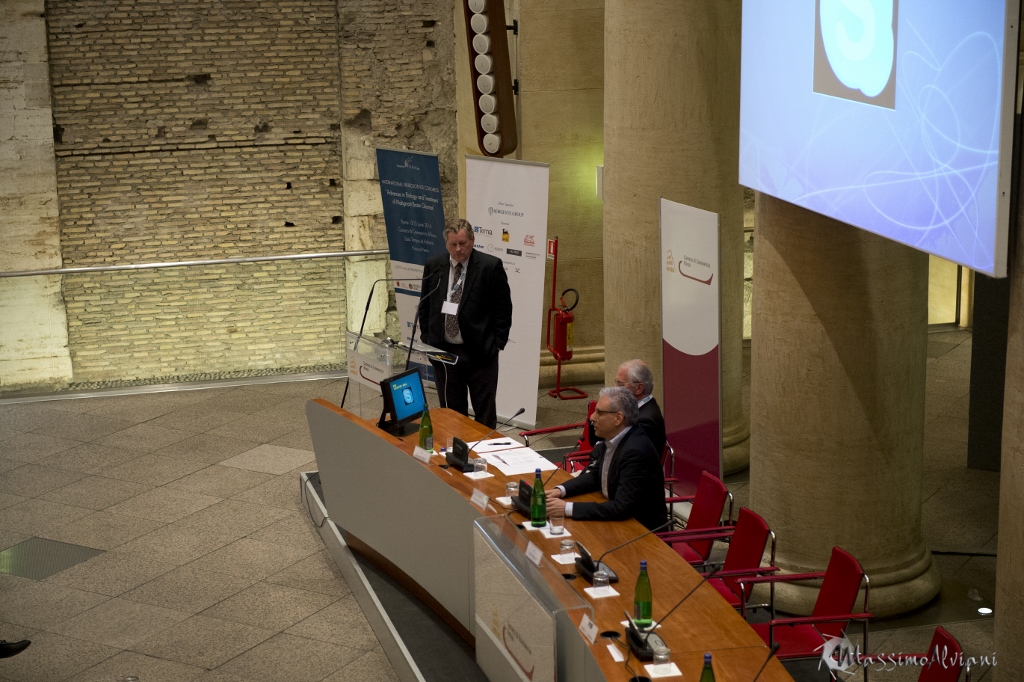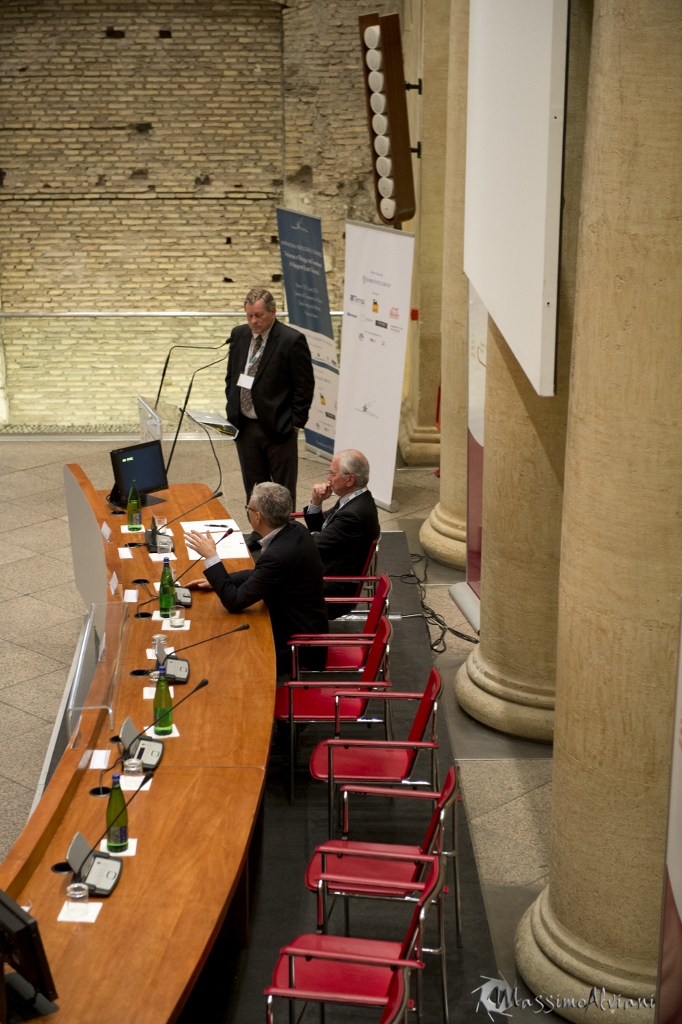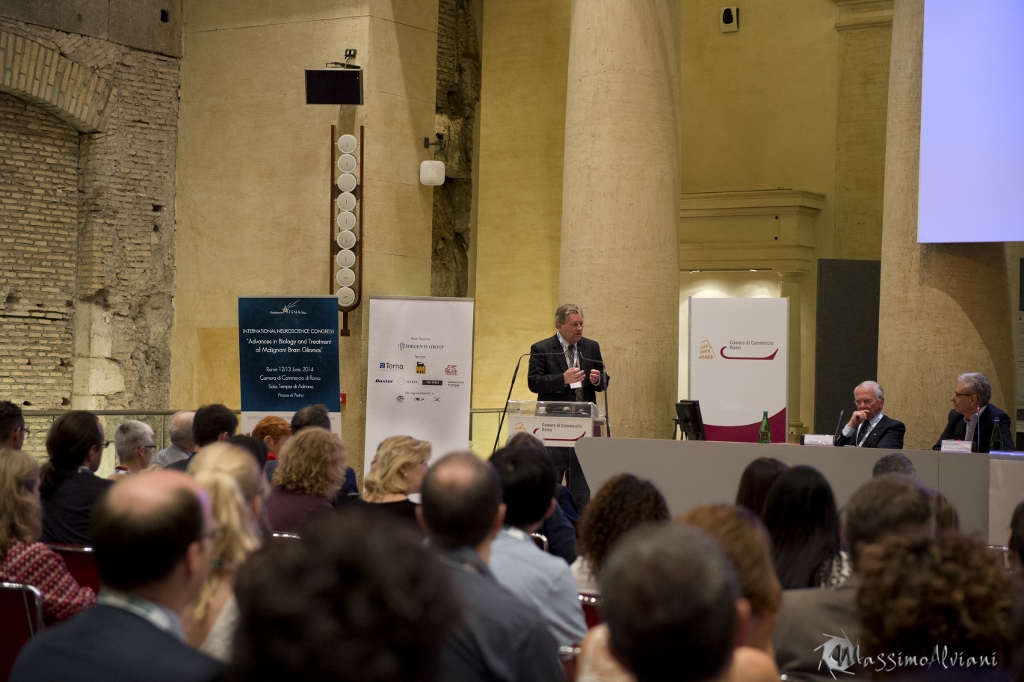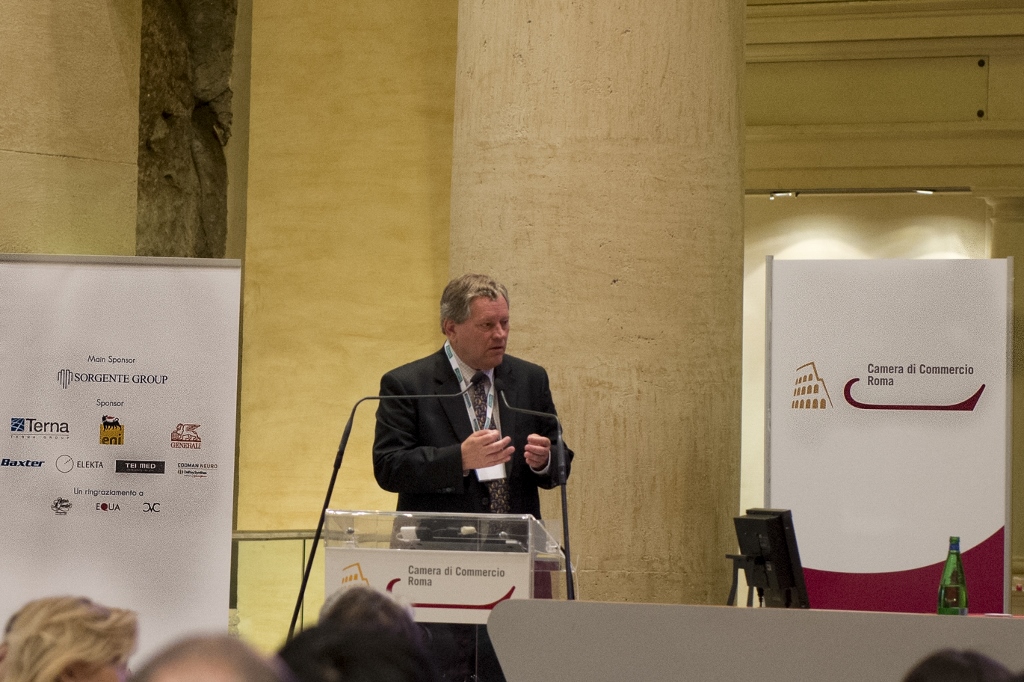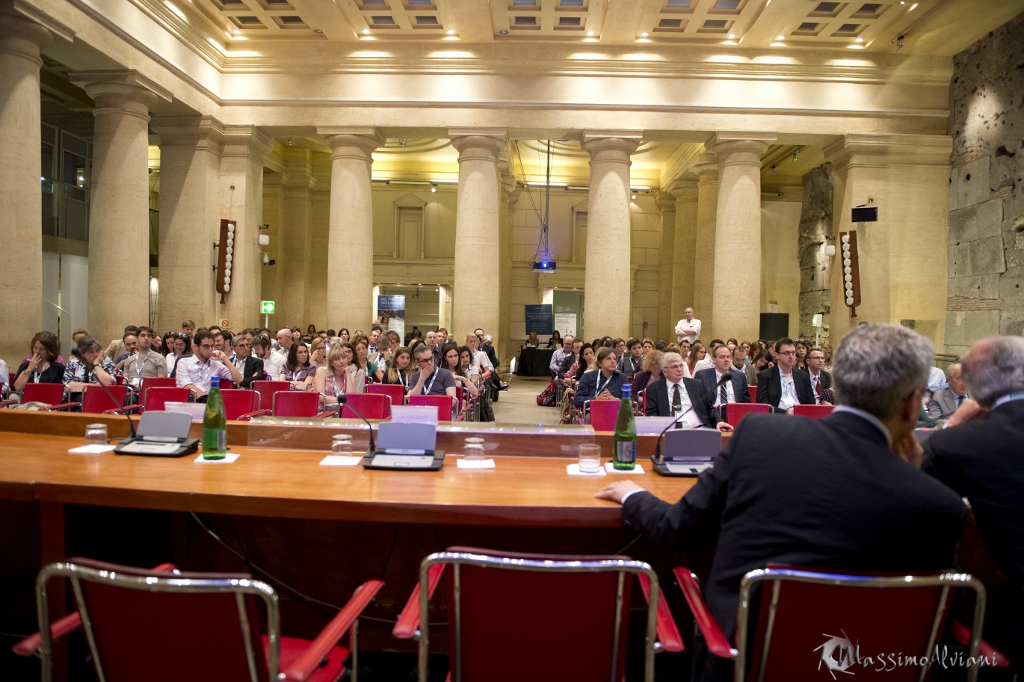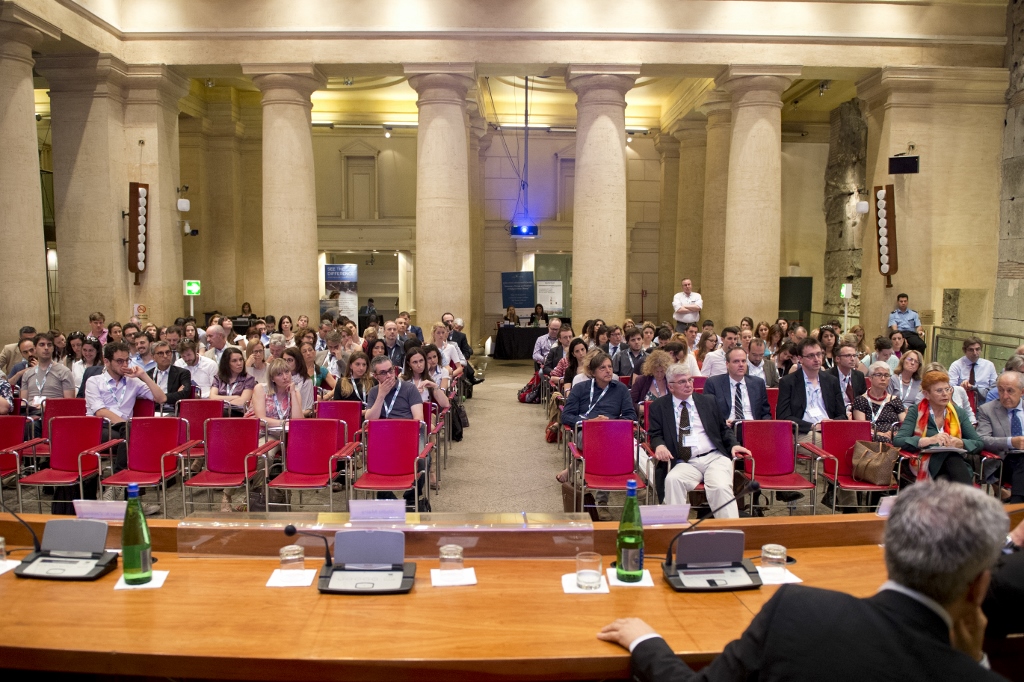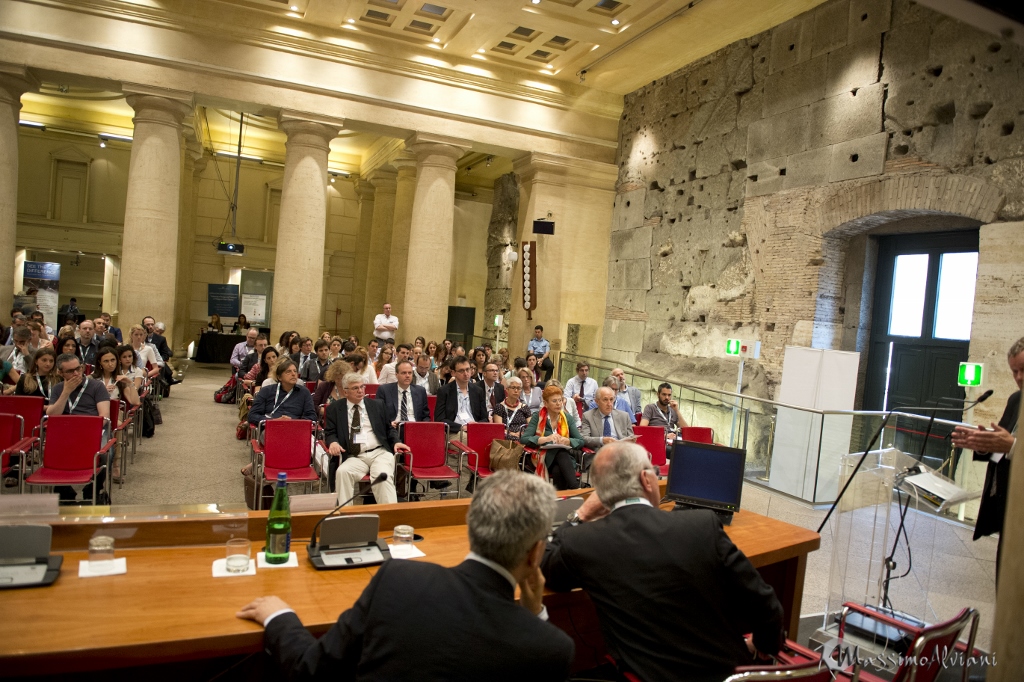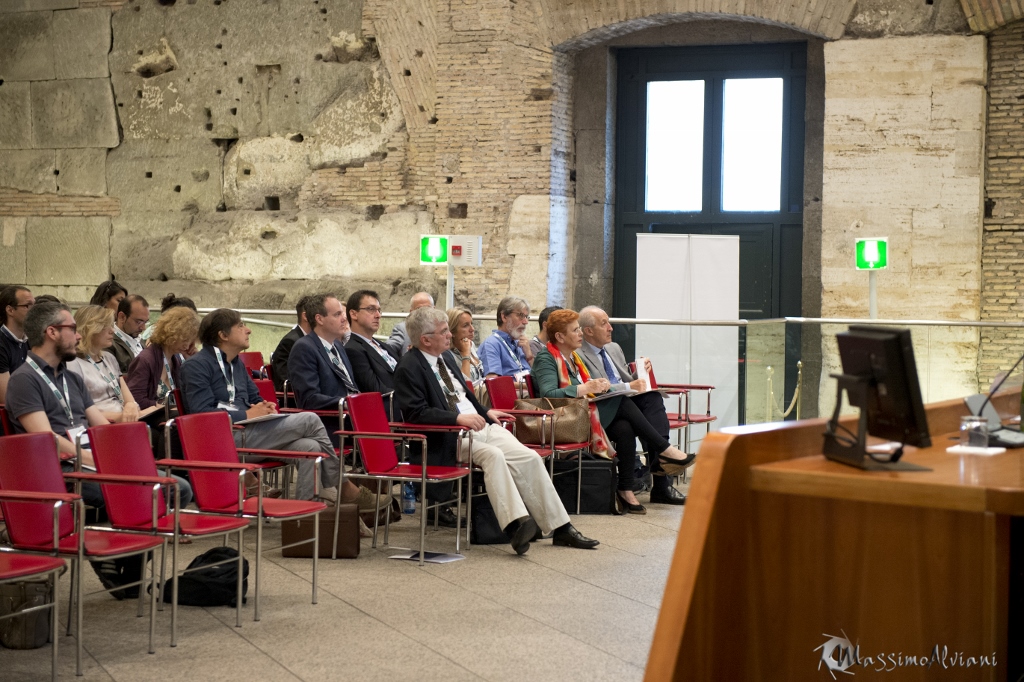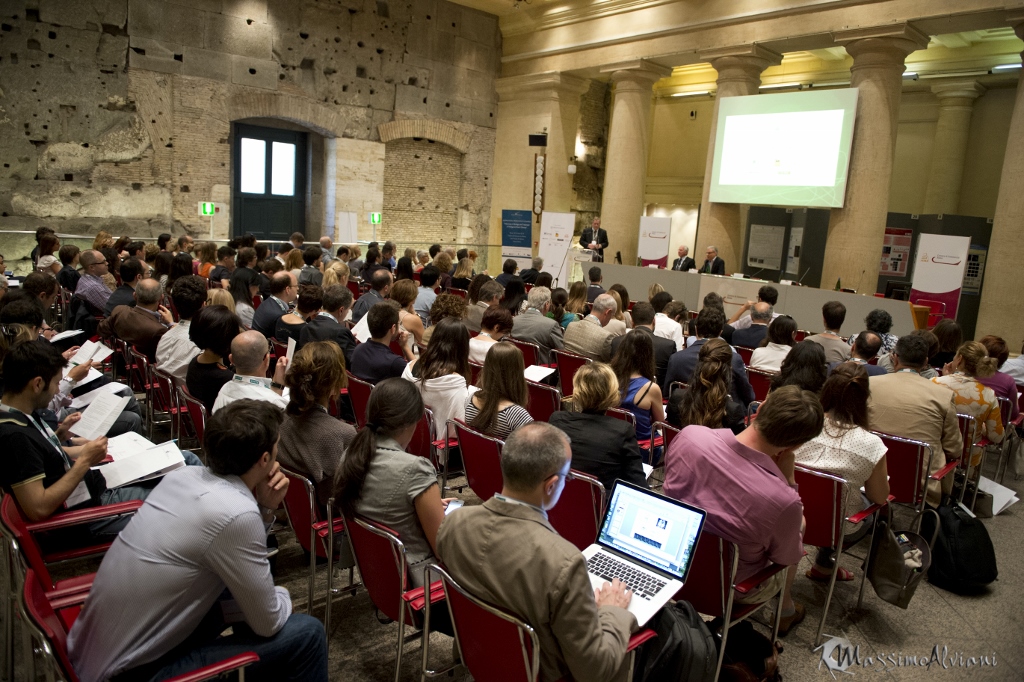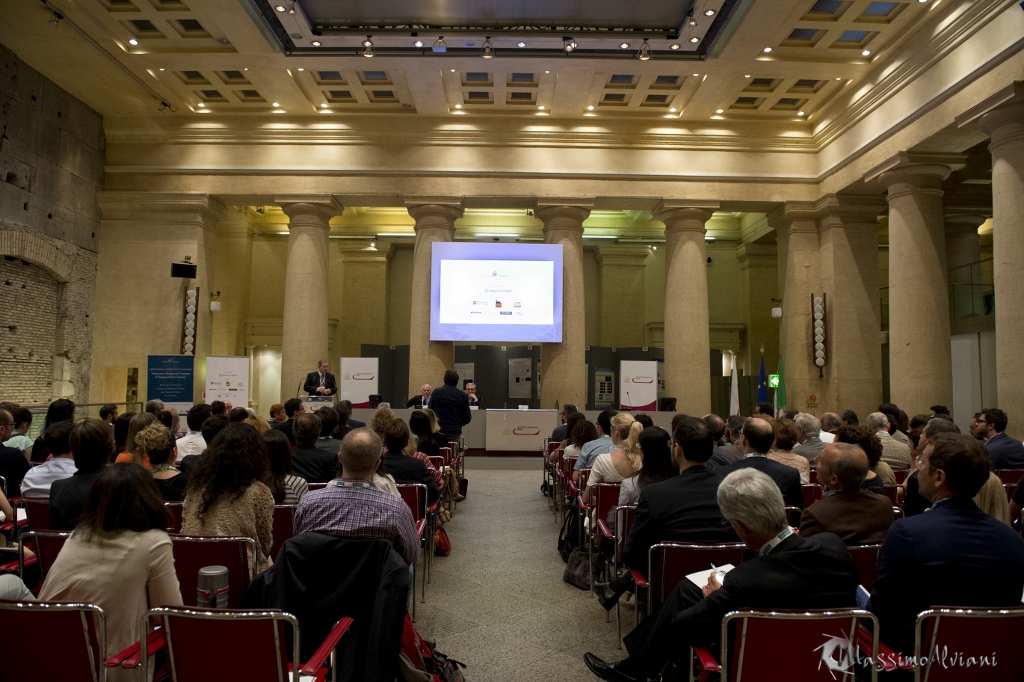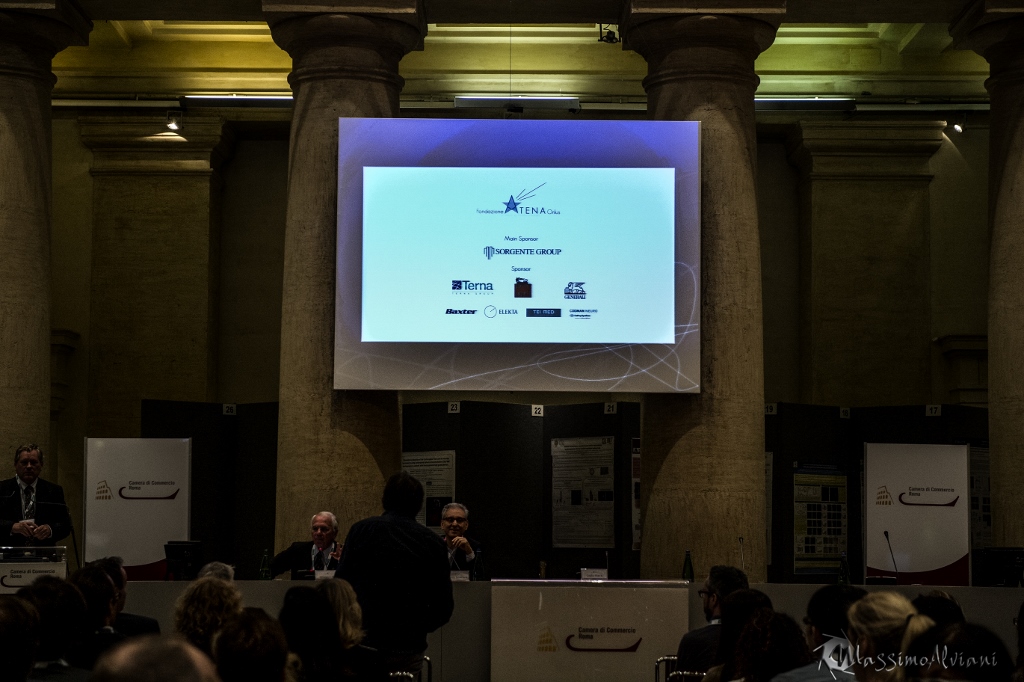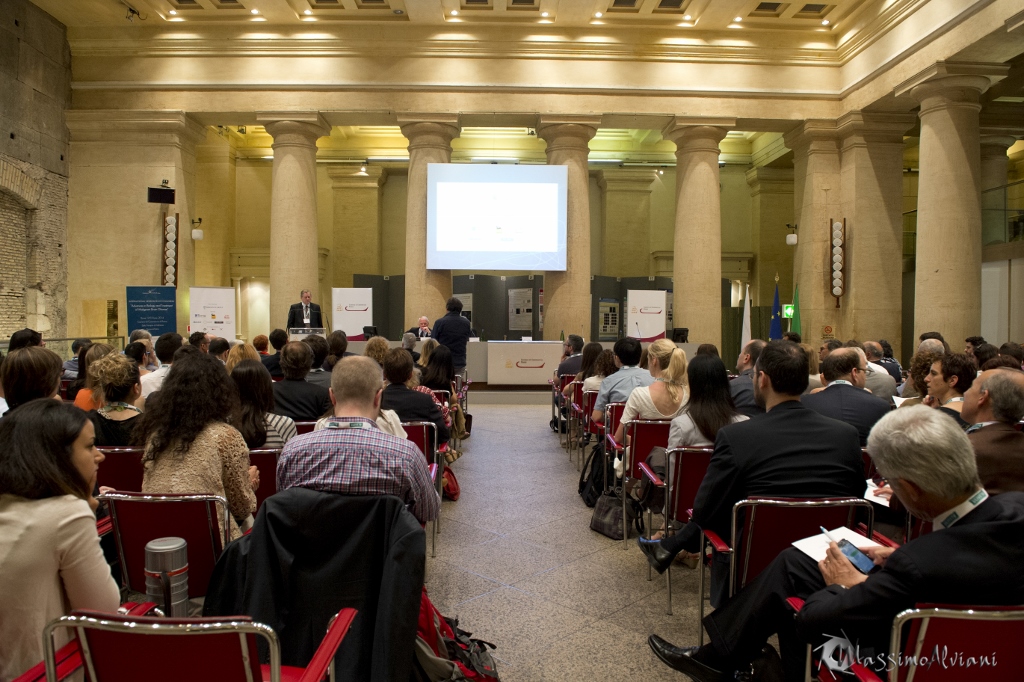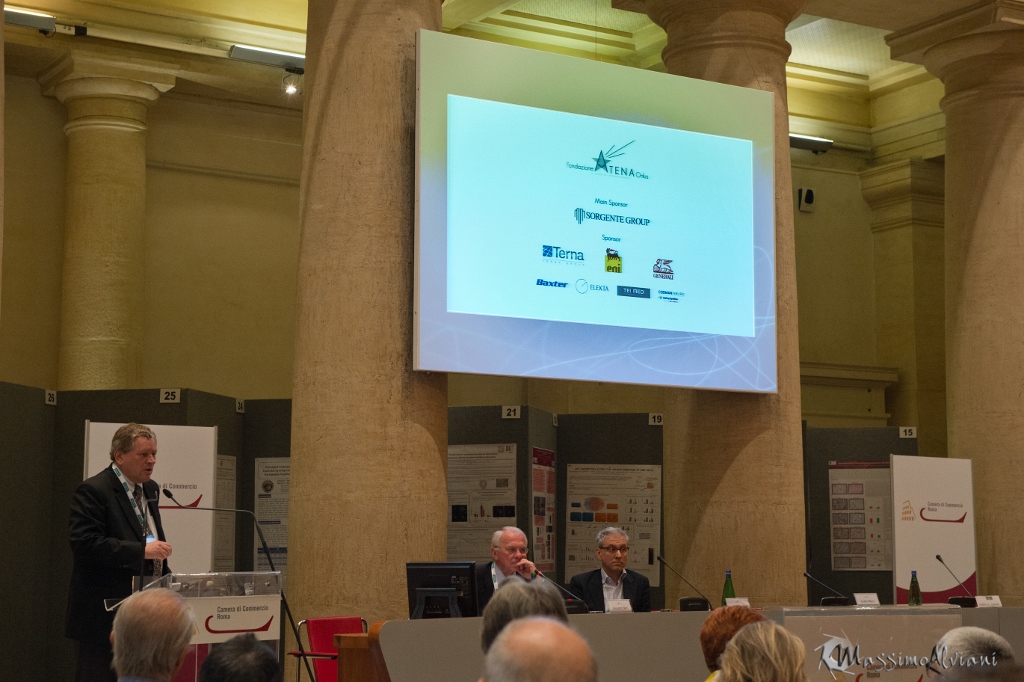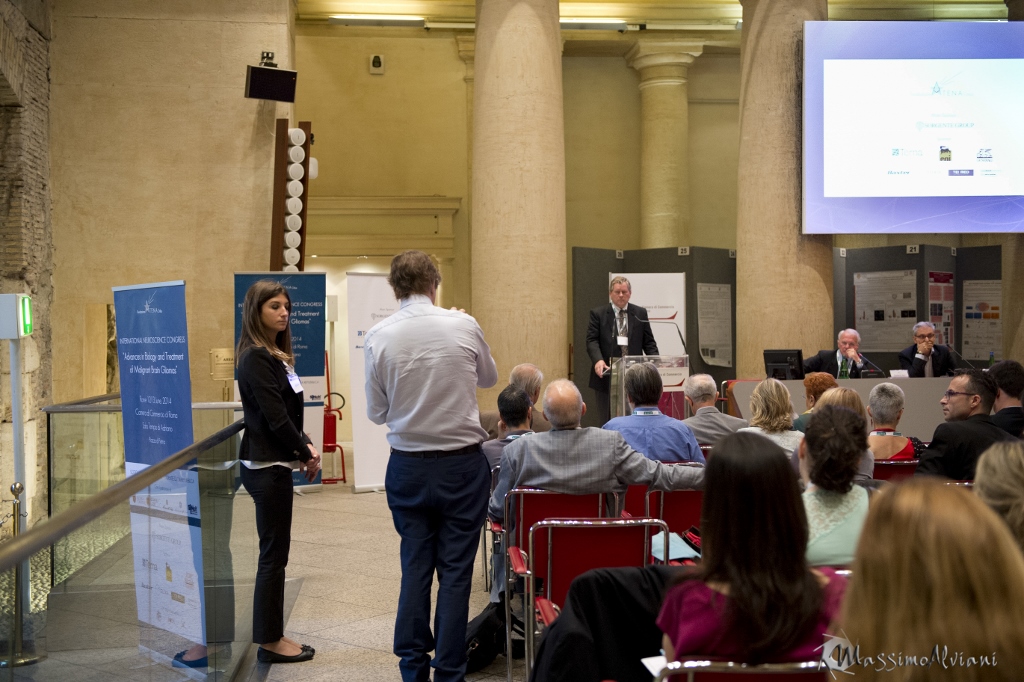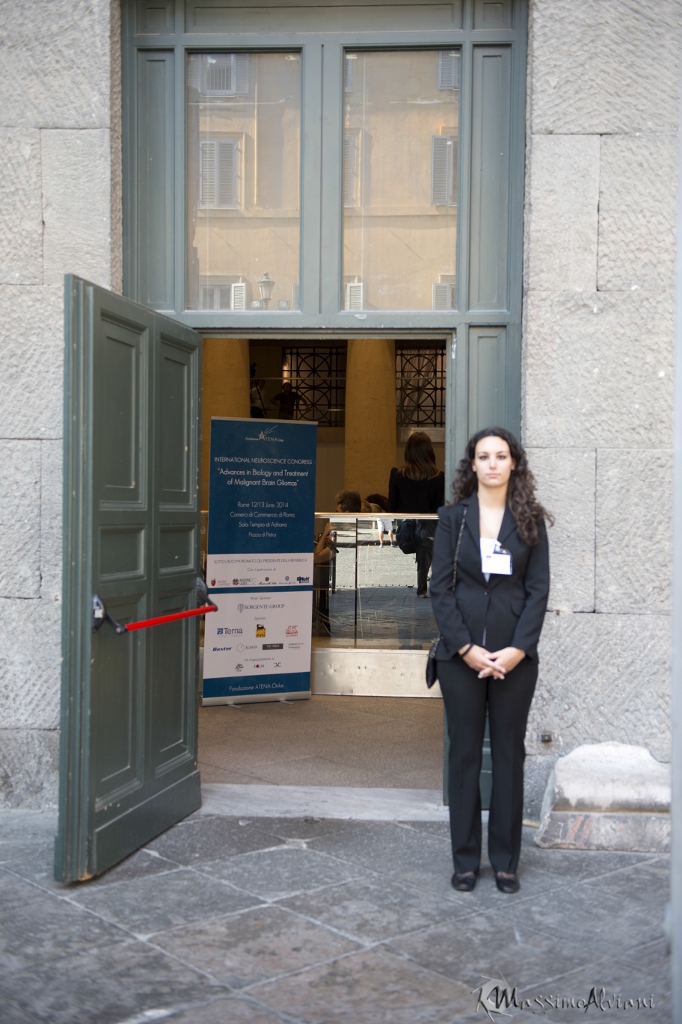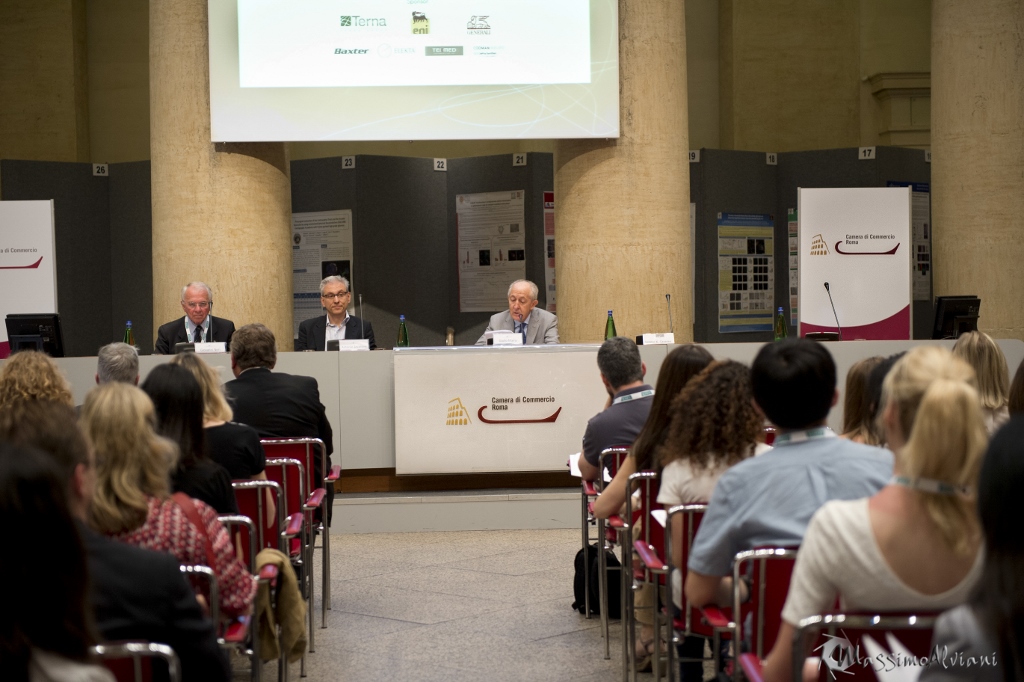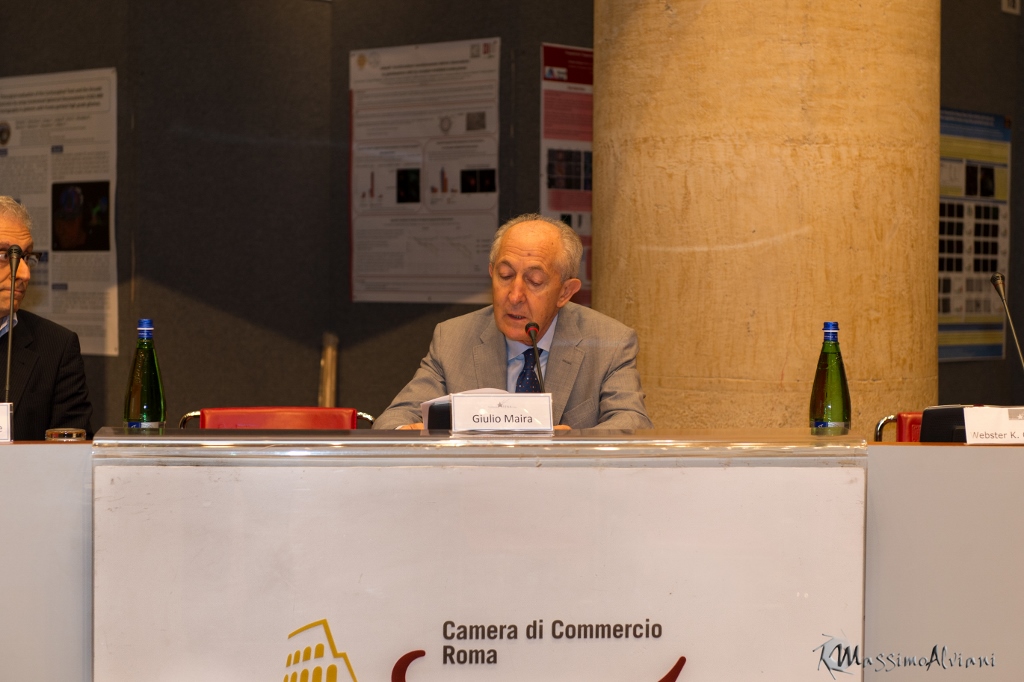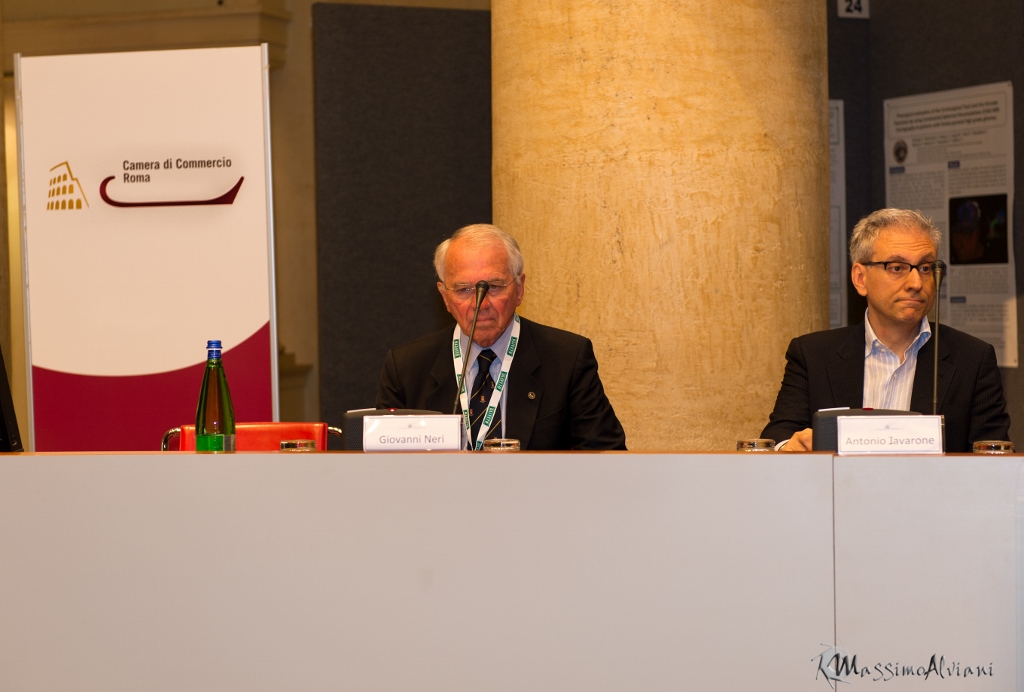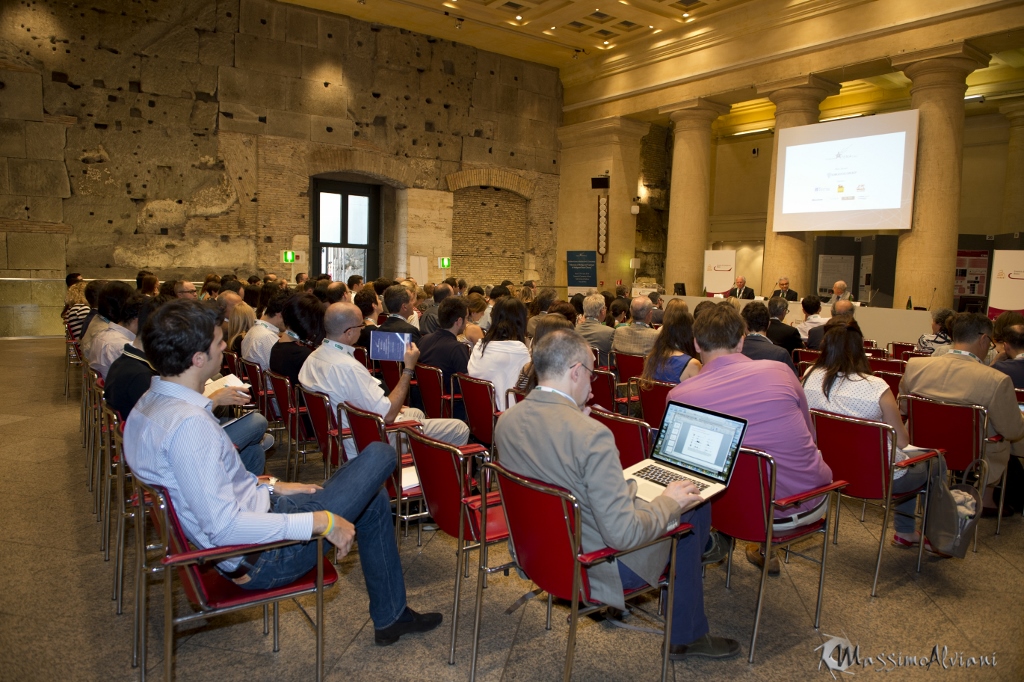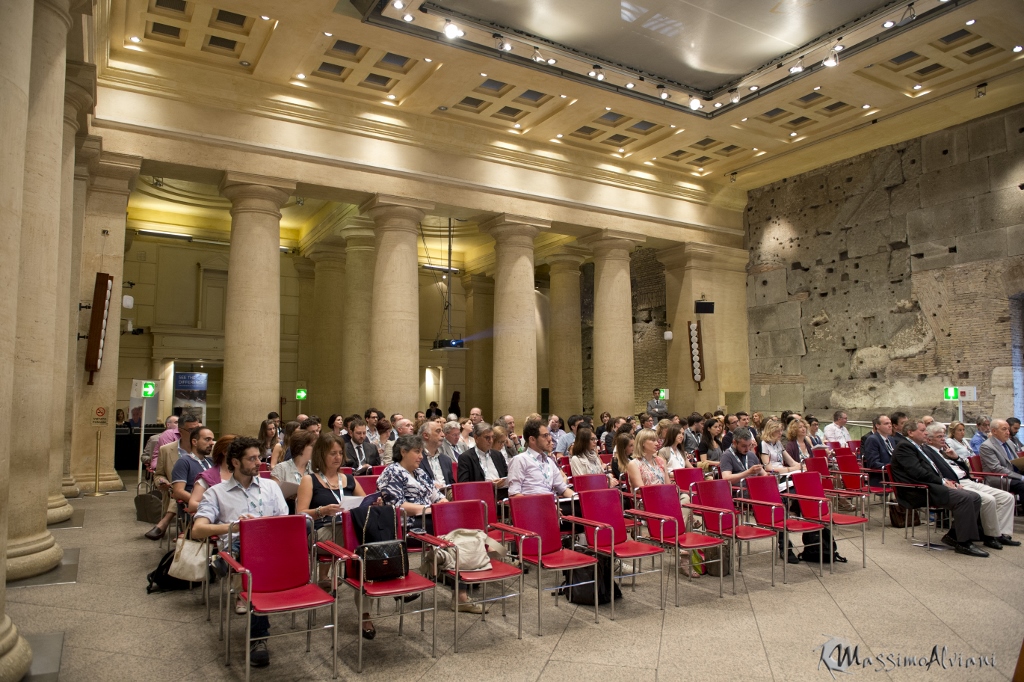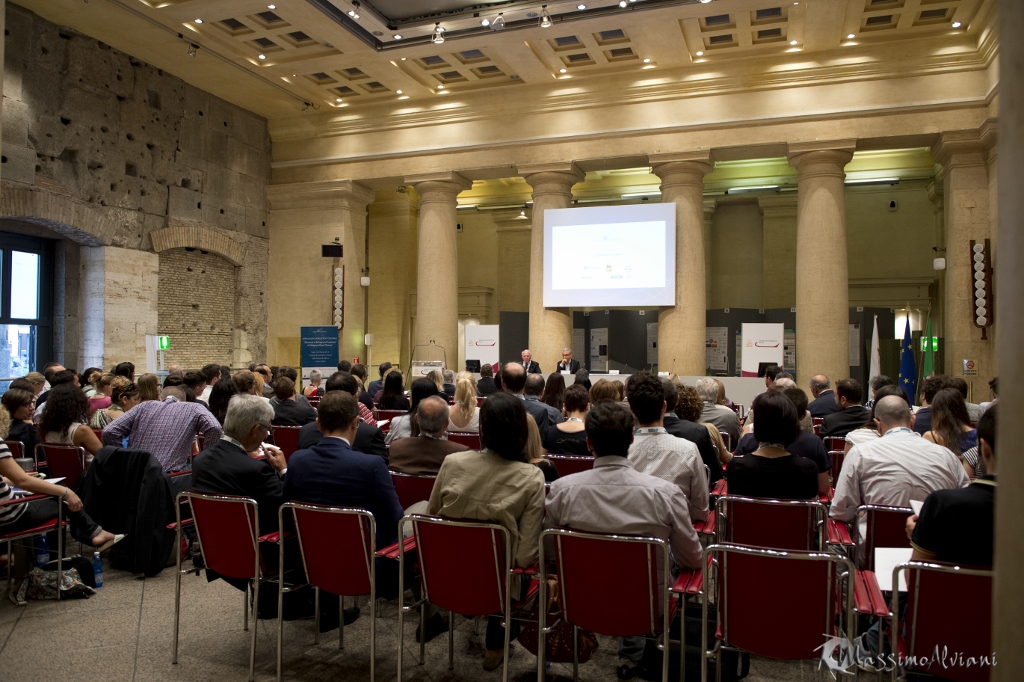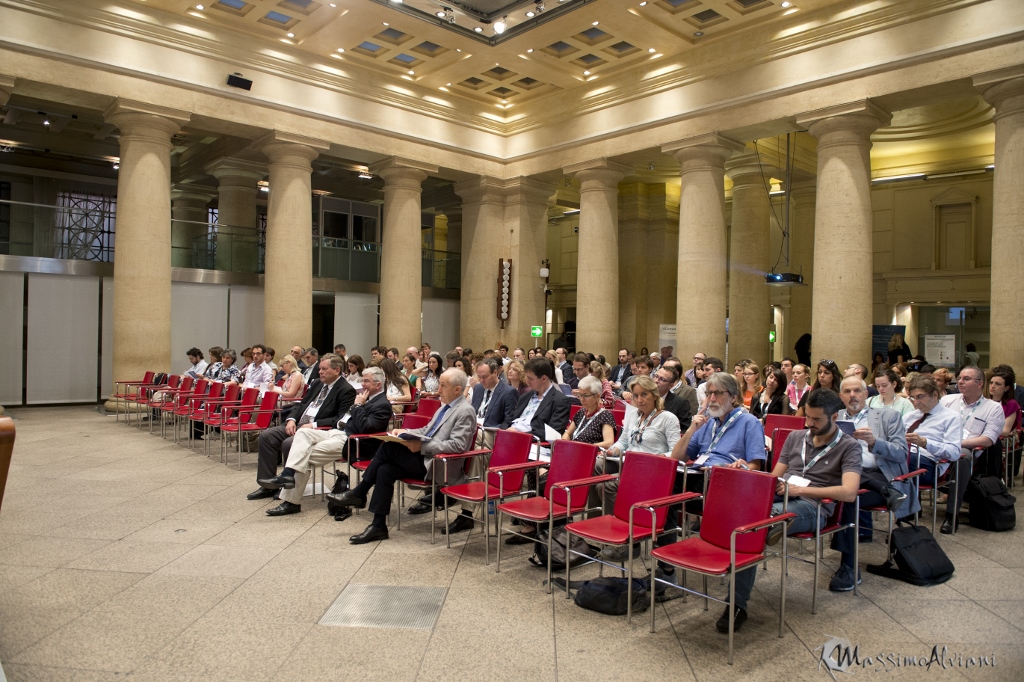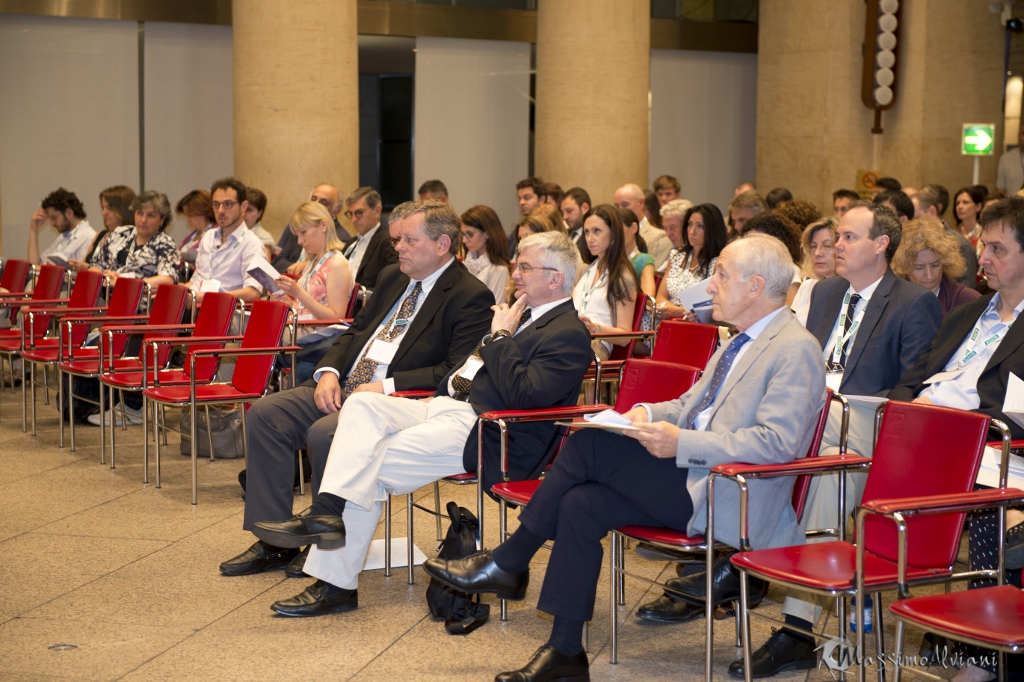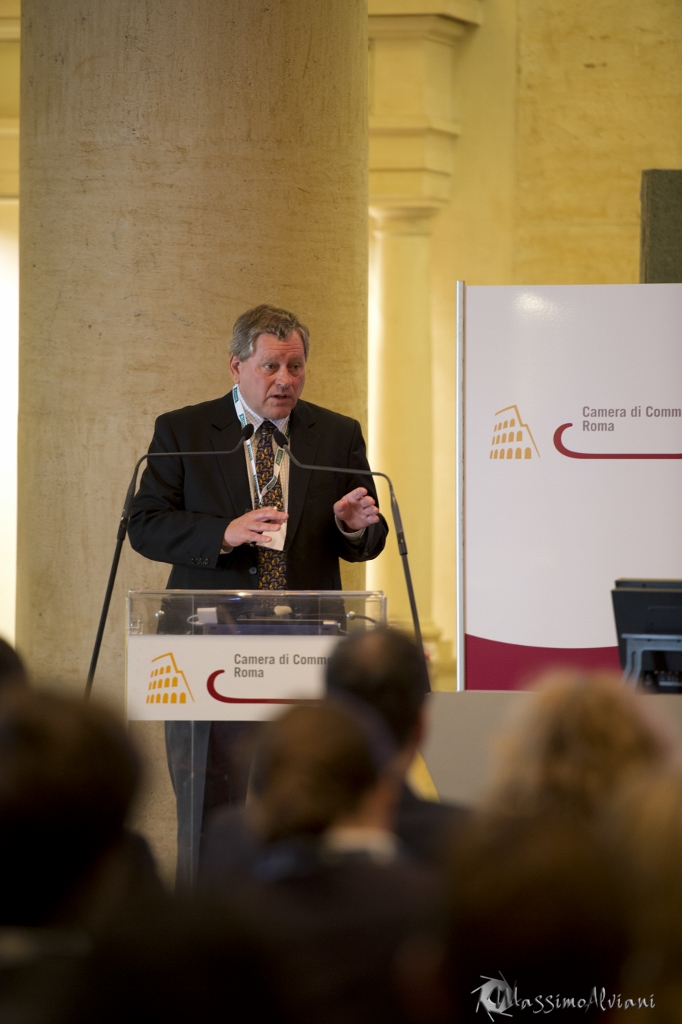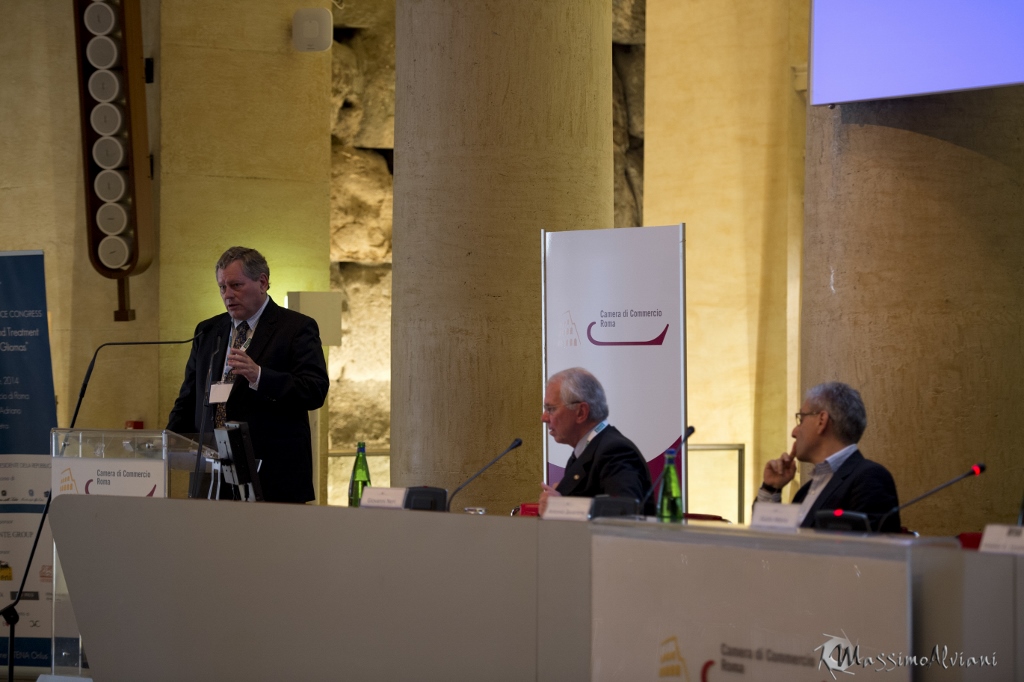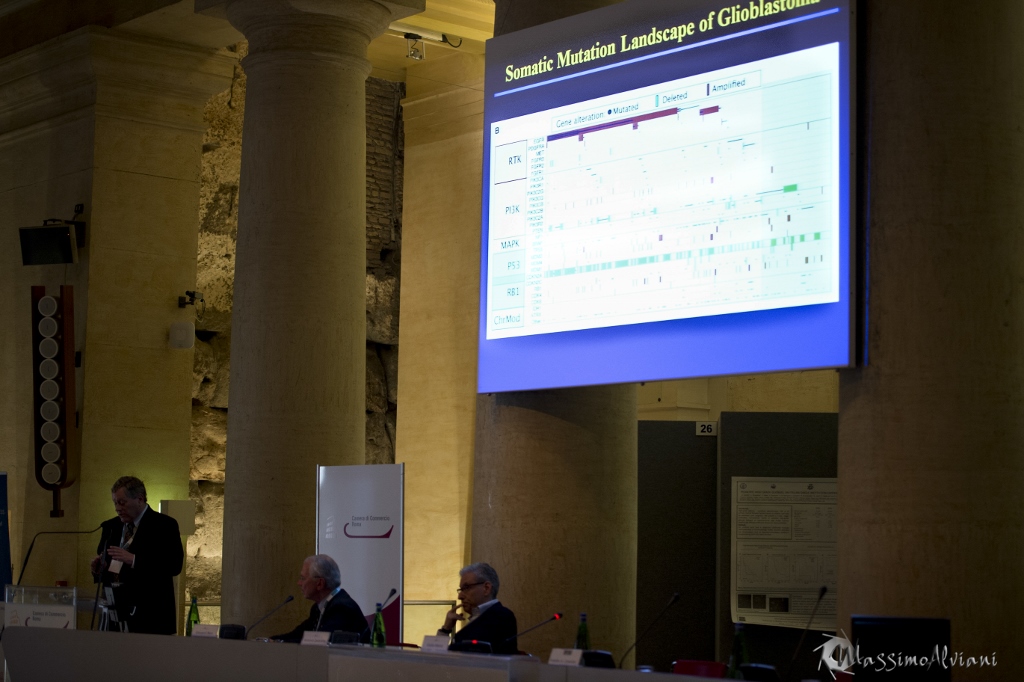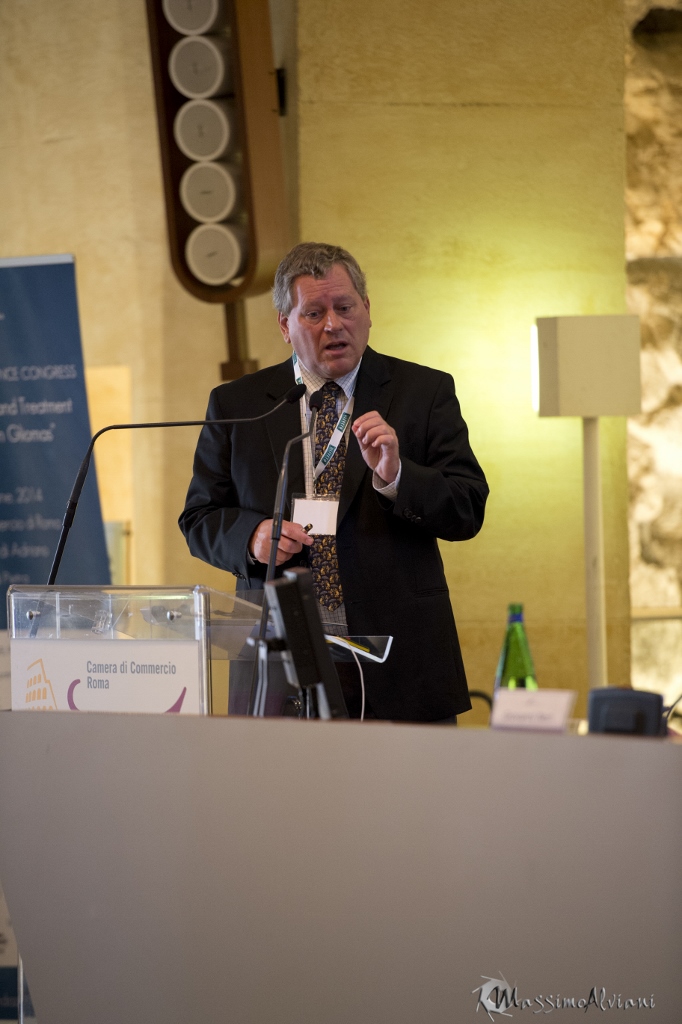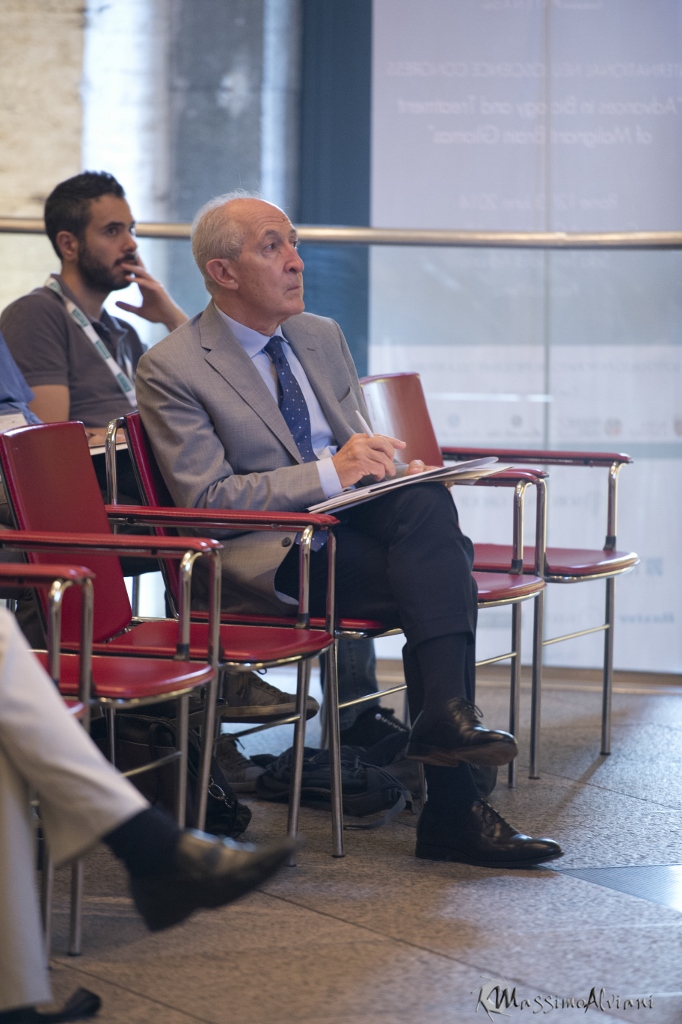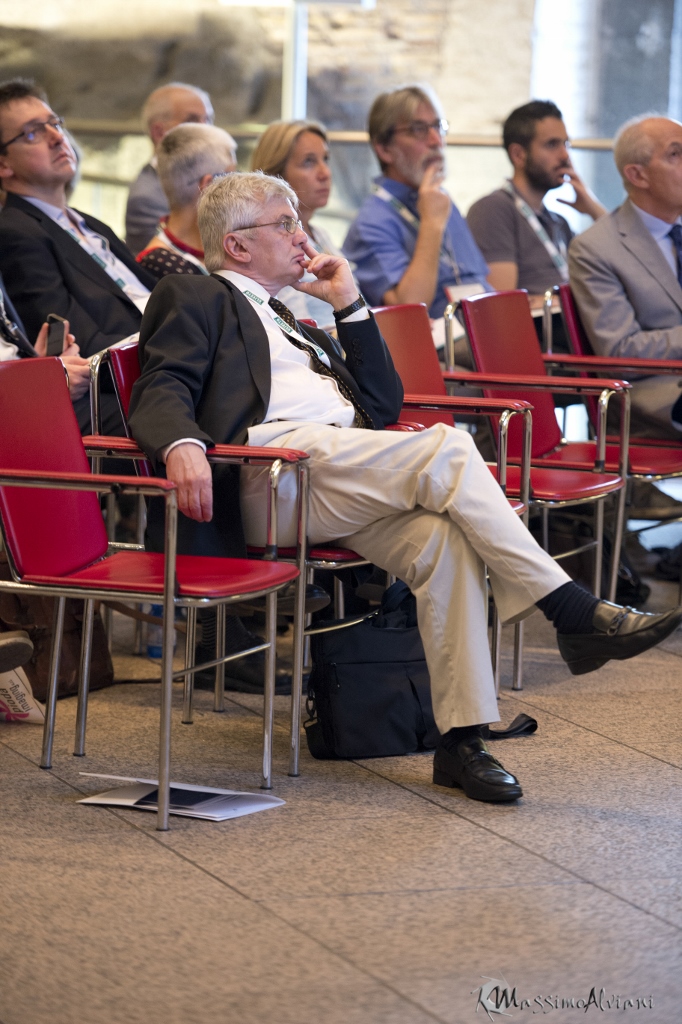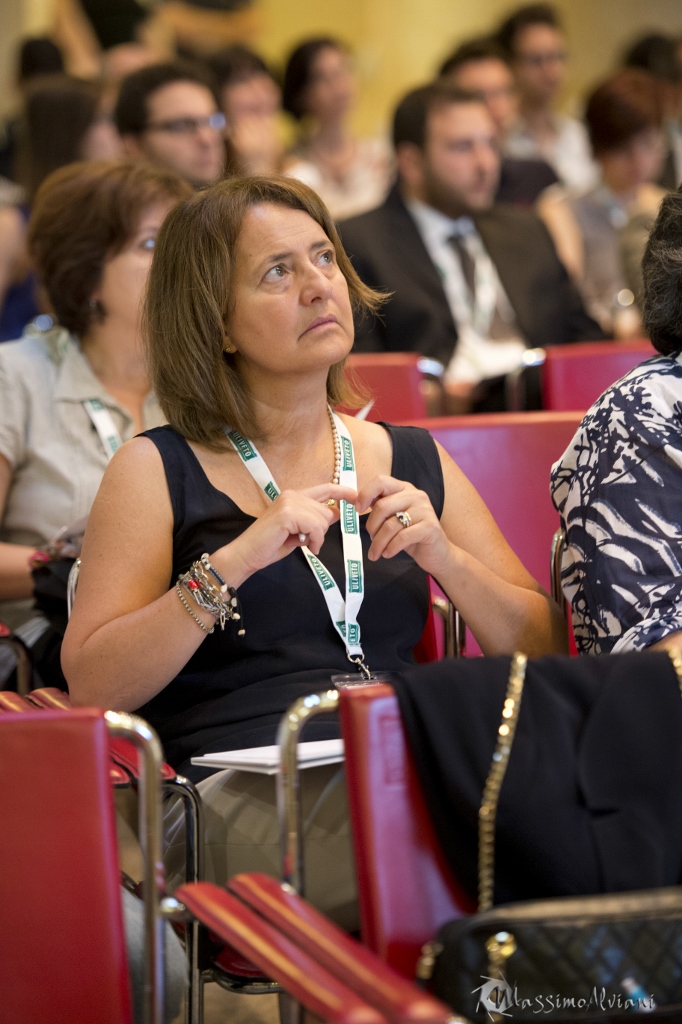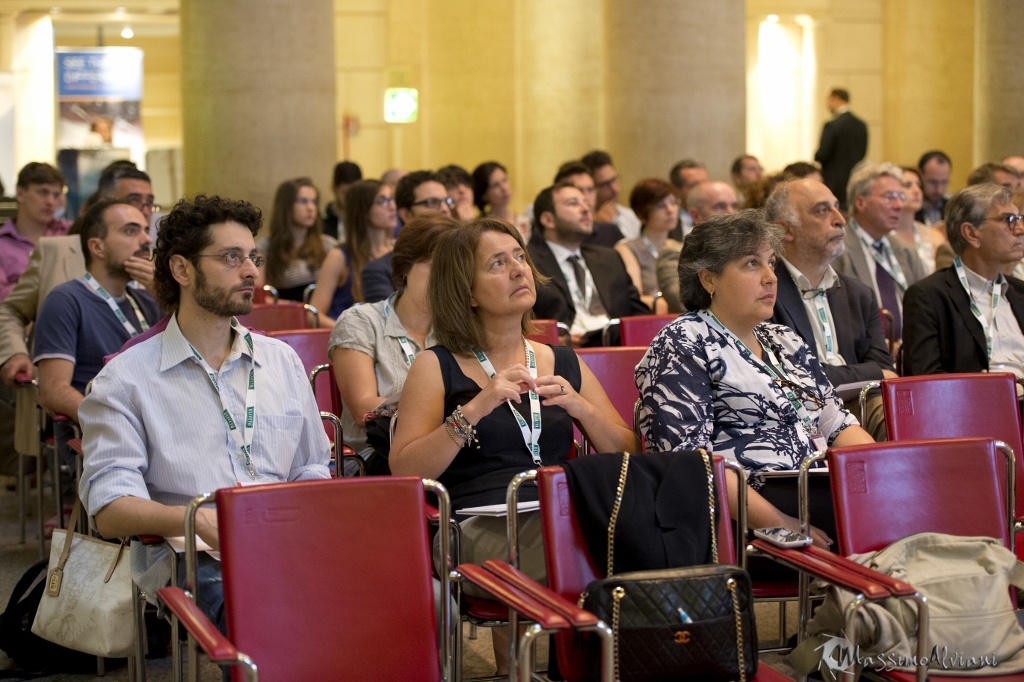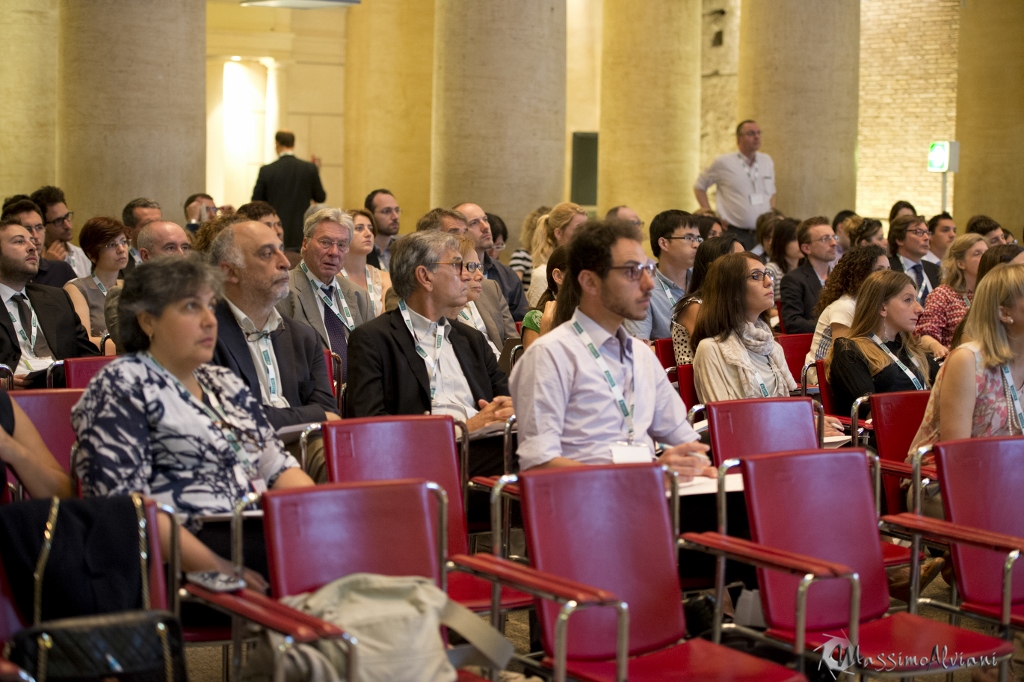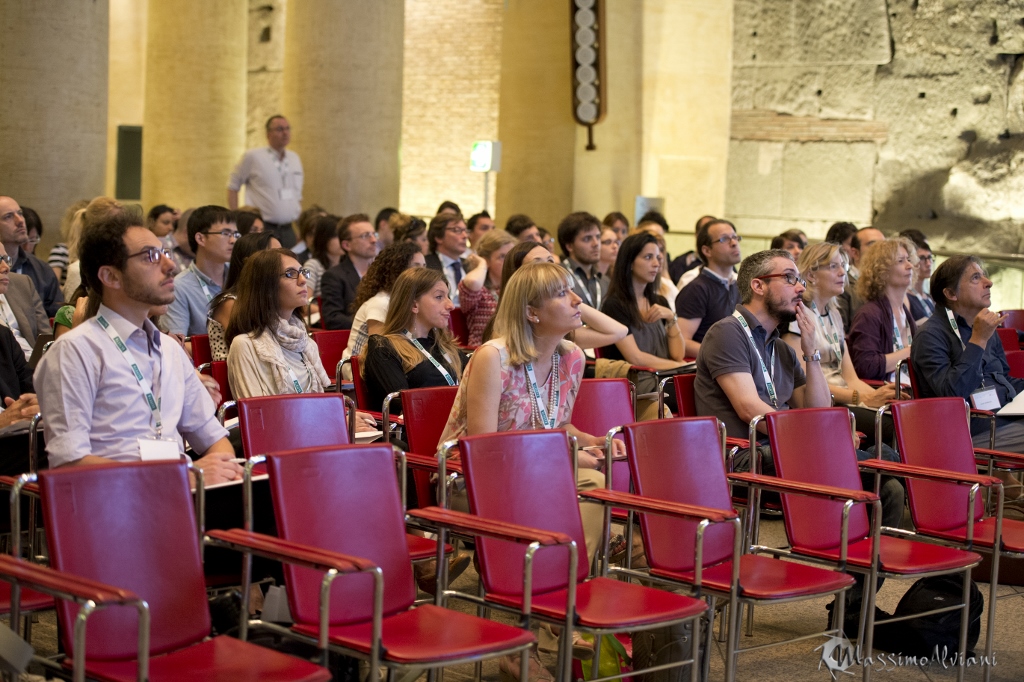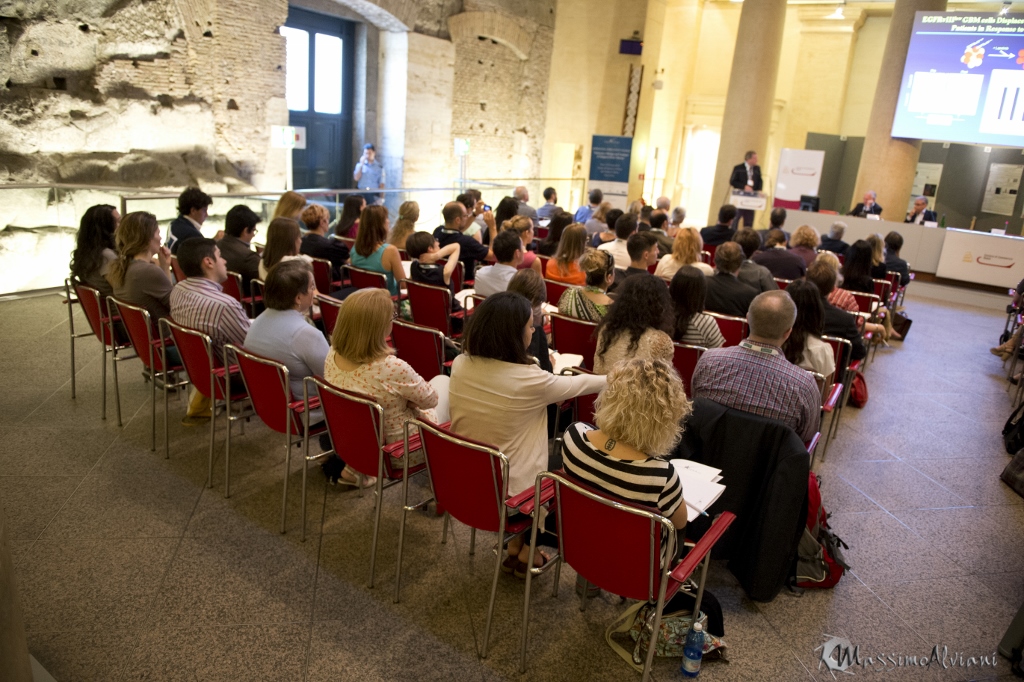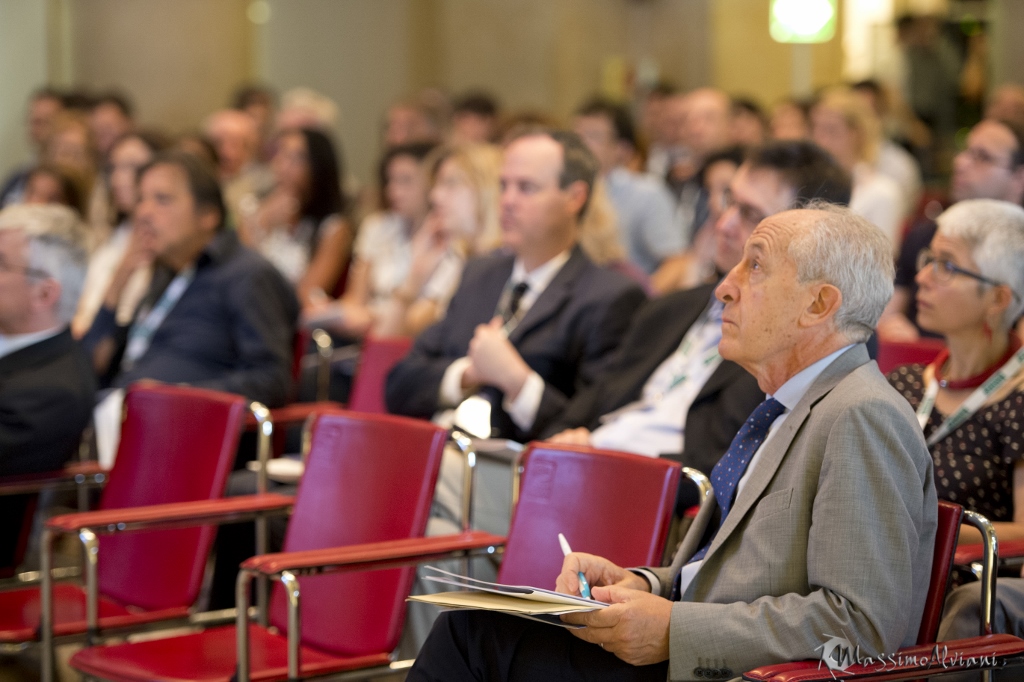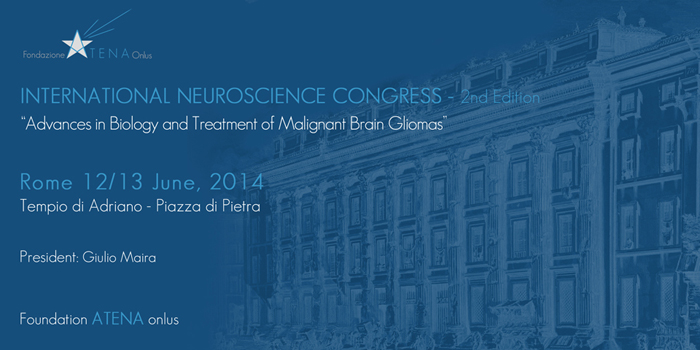
INTERNATIONAL NEUROSCIENCE CONGRESS
Advances in Biology and Treatment of Malignant Brain Gliomas
Seconda Edizione
Rome, June 12/13, 2014
Atena Onlus Foundation
Born in April 2001 in collaboration with the Neurosurgical Institute of the Catholic University of Rome, in order to develop research in the neurosurgical field, the Atena Onlus Foundation has the goal to improve the cure of diseases for which therapies are very limited. To achieve these results, the foundation has promoted new research projects, funded laboratories and researchers, facilitated the exchange and diffusion of results.
The name Atena is due to the connection between Neurosurgery and the greek goddess who, according to the mythology, was generated from Zeus’ same head.
In the Atena Foundation there is a Scientific Committee and an Honorary Committee. To the first belong distinguished neurosurgeons, neurologists and scientists, whether Italian or from other countries; all the success in the field of research is due to the willingness and commitment of these people. The second includes personalities from cultural, political and religious world.
Neurosurgery is experiencing a time of extraordinary technological advances, ranging from modern surgical microscopes to the use in the operating rooms of more advanced tools, such as ultrasound aspirators and different laser, neuronavigators and intraoperatory functional studies of the brain that allow us to safely plan our interventions and to identify the functionally relevant areas, intraoperatory MR or CT scans. Despite this, we realize that we still face illness towards which we feel a sense of impotence and to which we can only provide partial and non-definitive solutions.
In the field of malignant brain tumors we are able to perform high quality operations, but we know that the cancer will recur and that surgery does not represent the cure, which is to be found in other fields.
Many times we find ourselves impotent in facing cerebral damage which persists after a brain trauma or hemorrhage, an we can do nothing when we must cure a lesion of the spinal cord which has determined a state of paralysis.
This, combined with the great revival that neurosciences are having thanks to the discoveries in molecular biology and genetics, s well as the new frontiers opened by the use of stem cells, has prompted us to engage in research that apply to neurosurgical illness the knowledge acquired in these fields. Promote the activity of researchers on projects aimed at discovery of new therapies, we felt it was essential to go beyond our therapeutic limits and contribute, even if only for a small amount, to the progress of science in the field of neurosurgery. Atena Foundation pushes to promote research and finalized it to real clinical problems; if trhere will be significant results, these will be finalized in new concrete cures for pathologies for which at the moment we do have no solutions.
Congresso Presentation
This Congress is promoted by Atena Foundation, involved in the development of advanced treatment in Neurosurgery. Object of the Congress is one of the major field of research of Atena: ”Malignant brain gliomas”.
Malignant gliomas are the most frequent primary tumors of the brain and, certainly, among the most challenging tumors in the field of neuro-oncology.
A brain tumor constitutes, for most individuals and many physician as well, one of the most dramatic forms of human illness. Clinical scenario includes a progressive deterioration of mental faculties, combined with physical disability and, in soma cases, death. The revolutionary advances that have occurred in the diagnosis of brain tumors, have led to an increased detection rate and a major increase of surgical management. Additionally, there is evidence from epidemiological studies that brain tumors are becoming increasingly more prevalent, especially as the population ages.
The last two decades have provided significant improvements in the treatment of tumor patients, related to advances in surgical techniques, the introduction of adjuvant therapies, the revolution in imaging, an improved understanding of tumor intricate biology and of molecular and genetic events that are at the basis of their development.
Notwithstanding, the effective and safe cure of a patient harboring a malignant brain tumor presents enormous difficulties. Although in some circumstances therapies may help in controlling the tumor for a while, no one treatment, until now, has been shown to be curative.
There is now cause for cautious optimism with a better understanding of the pathogenesis and biology of brain tumors; preliminary data on the results of advanced therapies for experimental brain tumors look very promising.
Purpose of the meeting is to provide state-of-the-art knowledge and future perspectives on basic and translational research, molecular pathology, detection techniques and advanced therapeutic strategies on malignant brain tumors. International experts in the research and treatment of brain tumors will share and exchange their view and experience.
Guarda il Servizio di TG3 Regione
Press del Convegno
Panorama
Più Sani Più Belli

